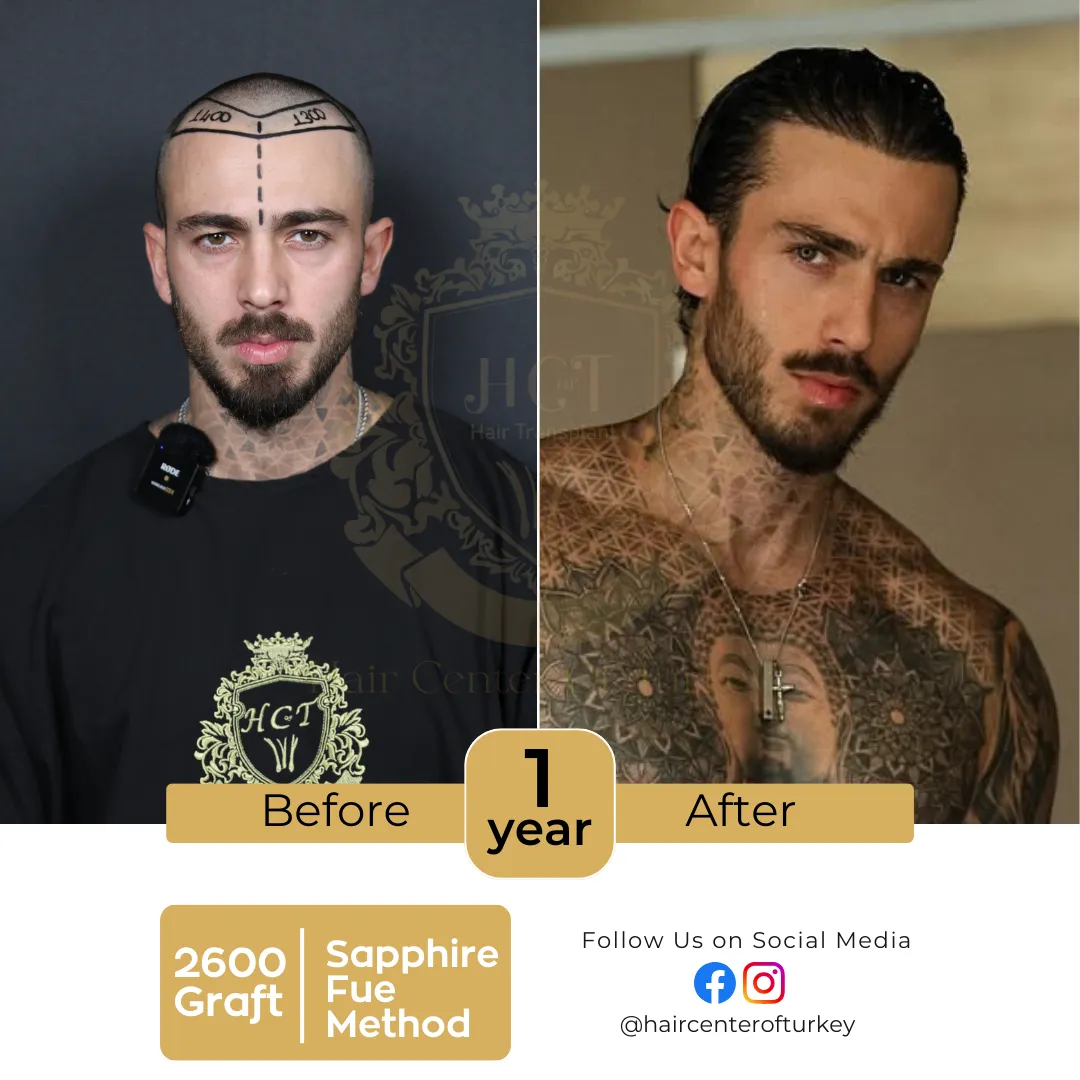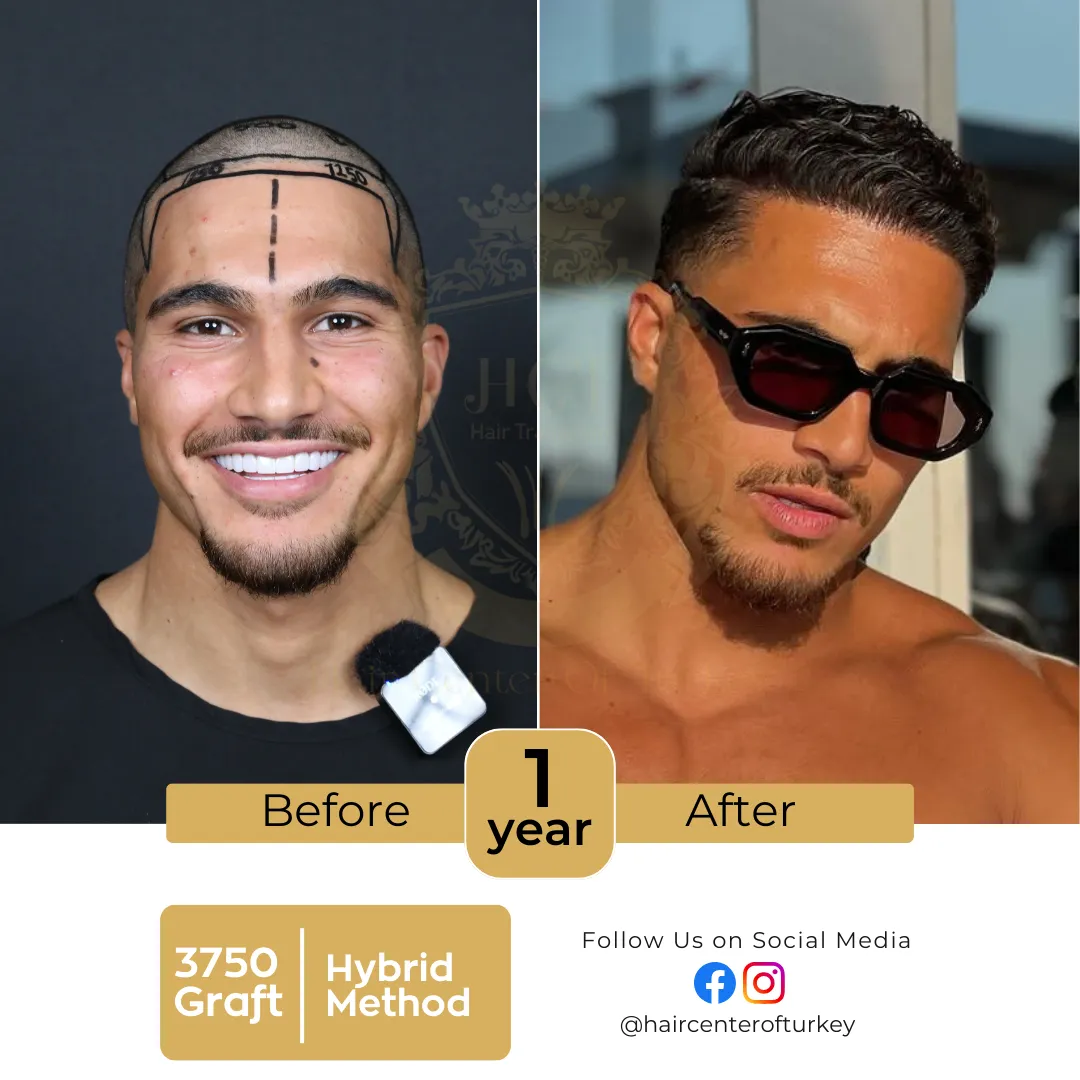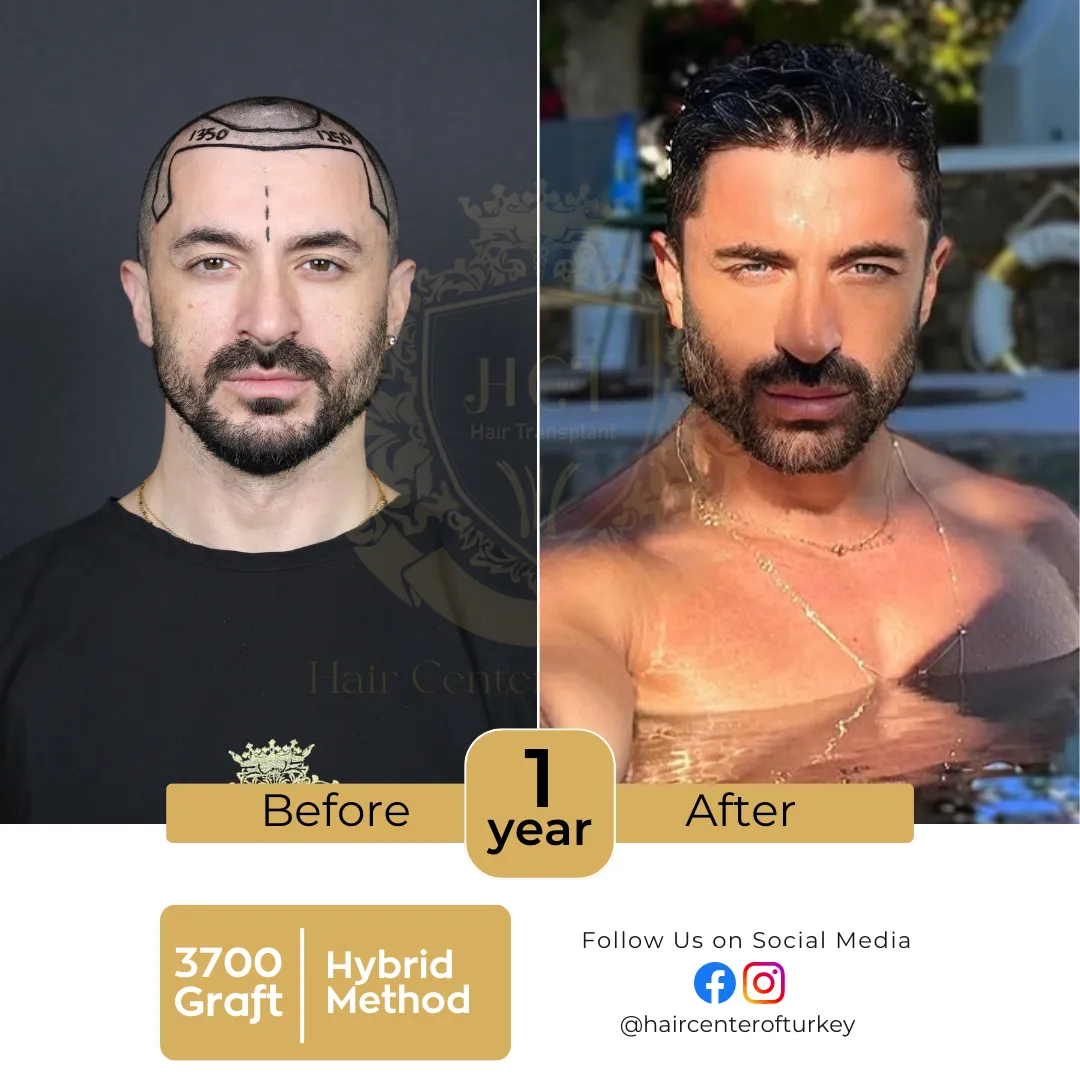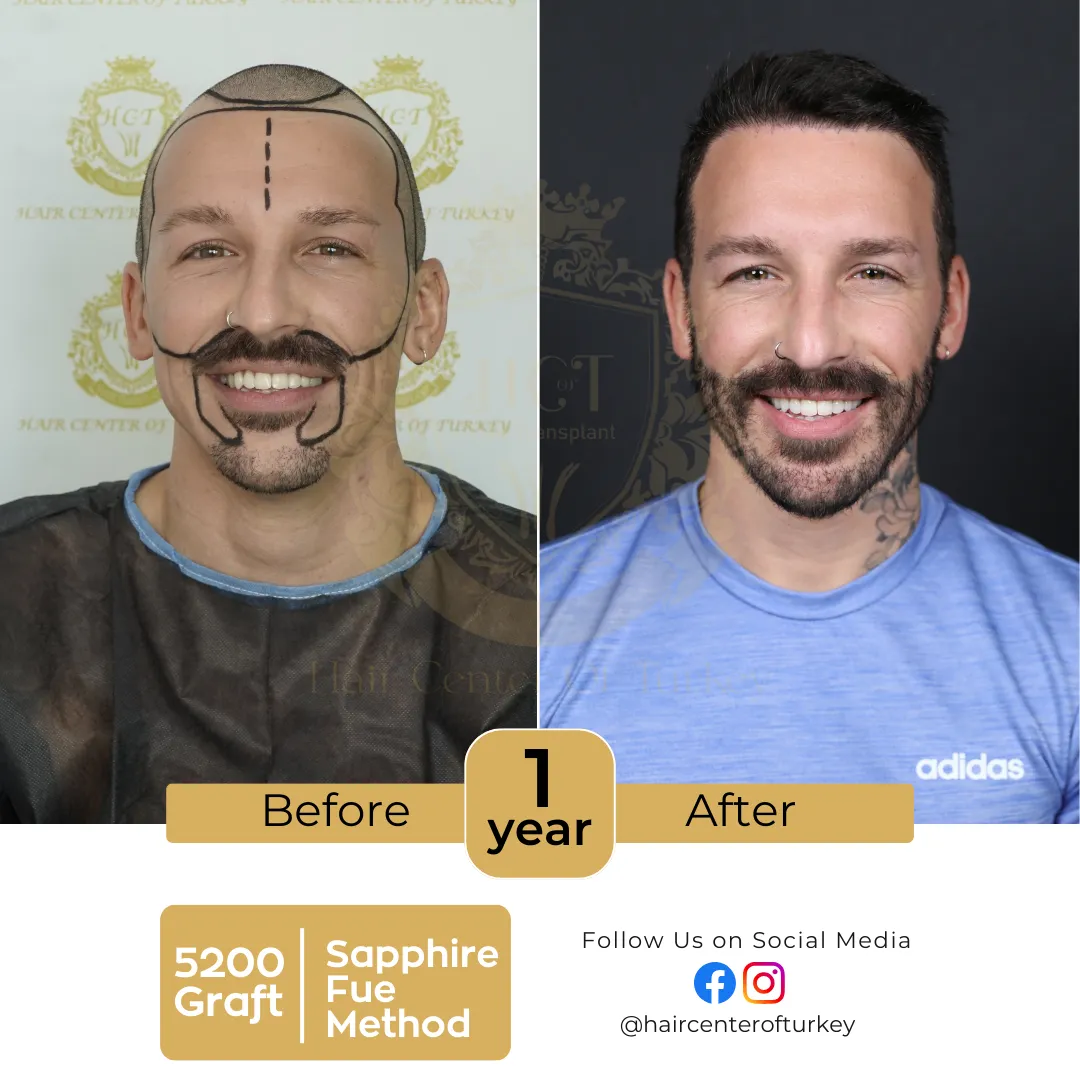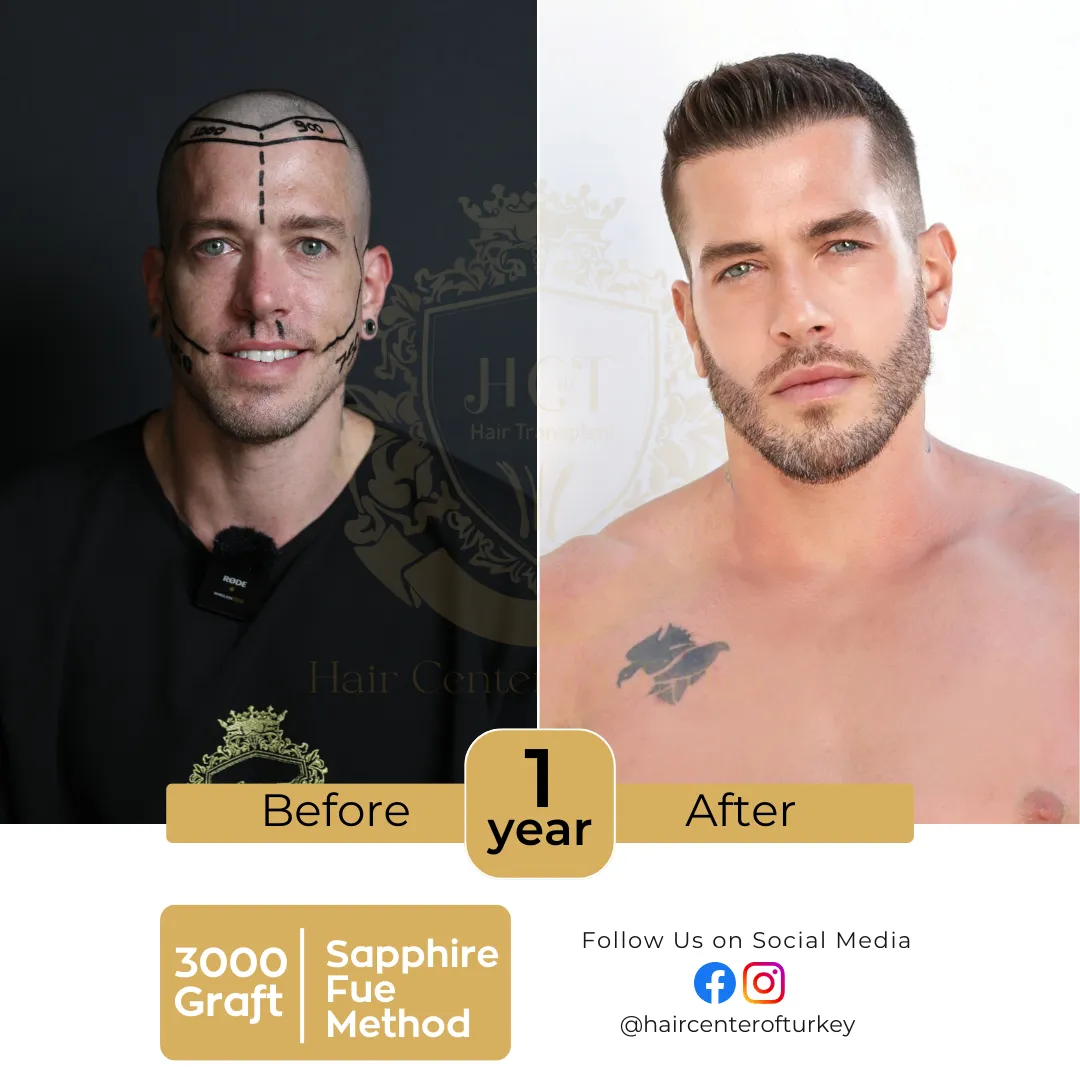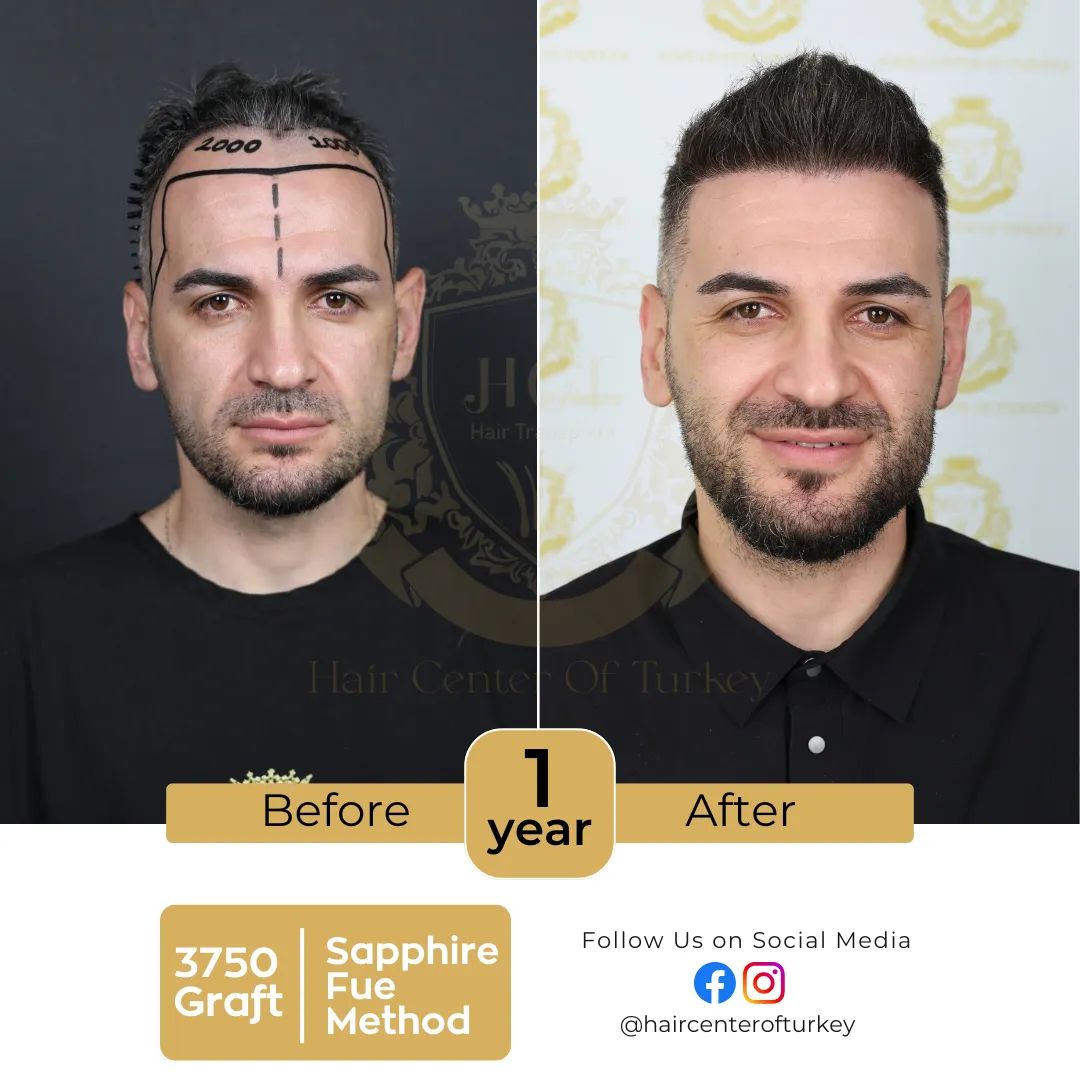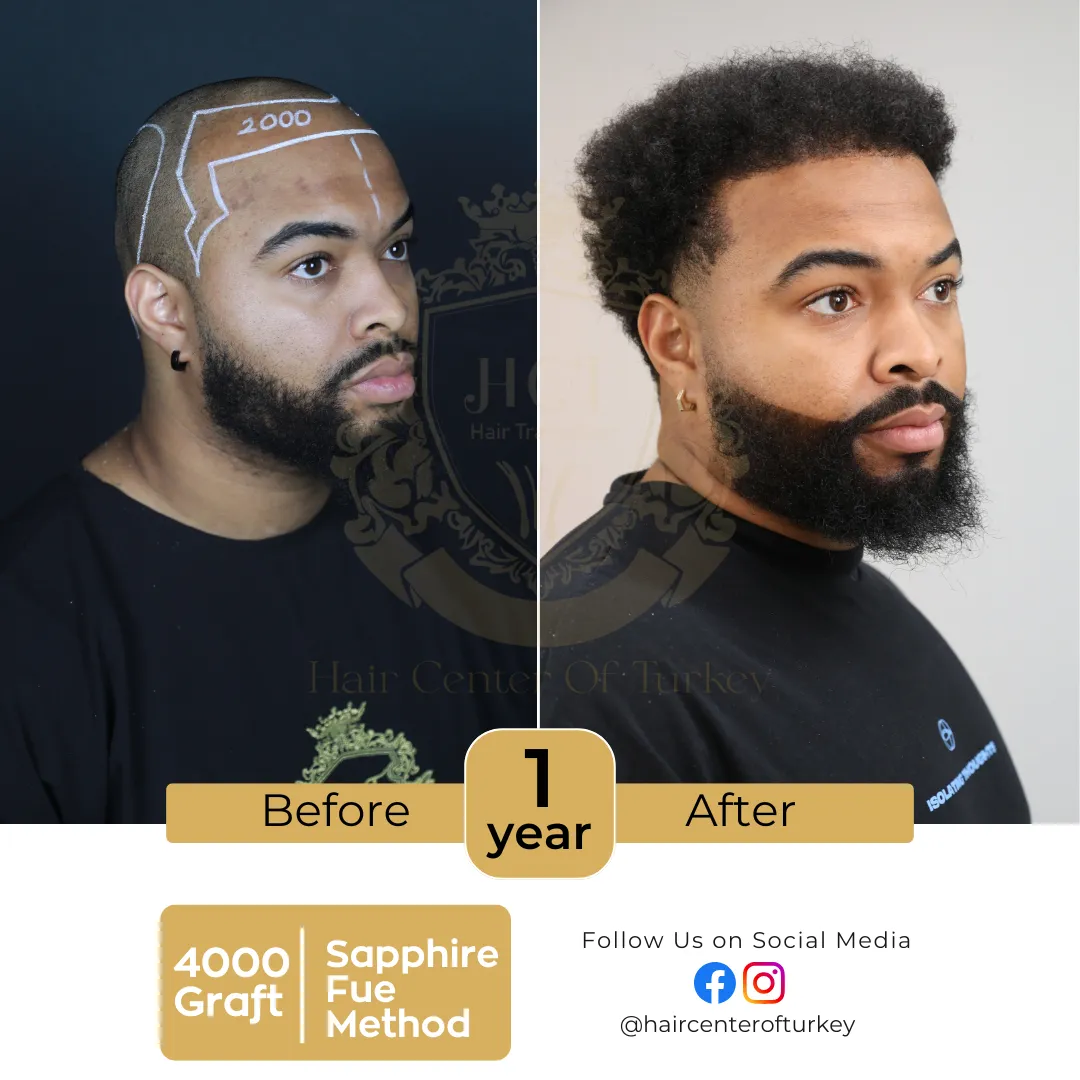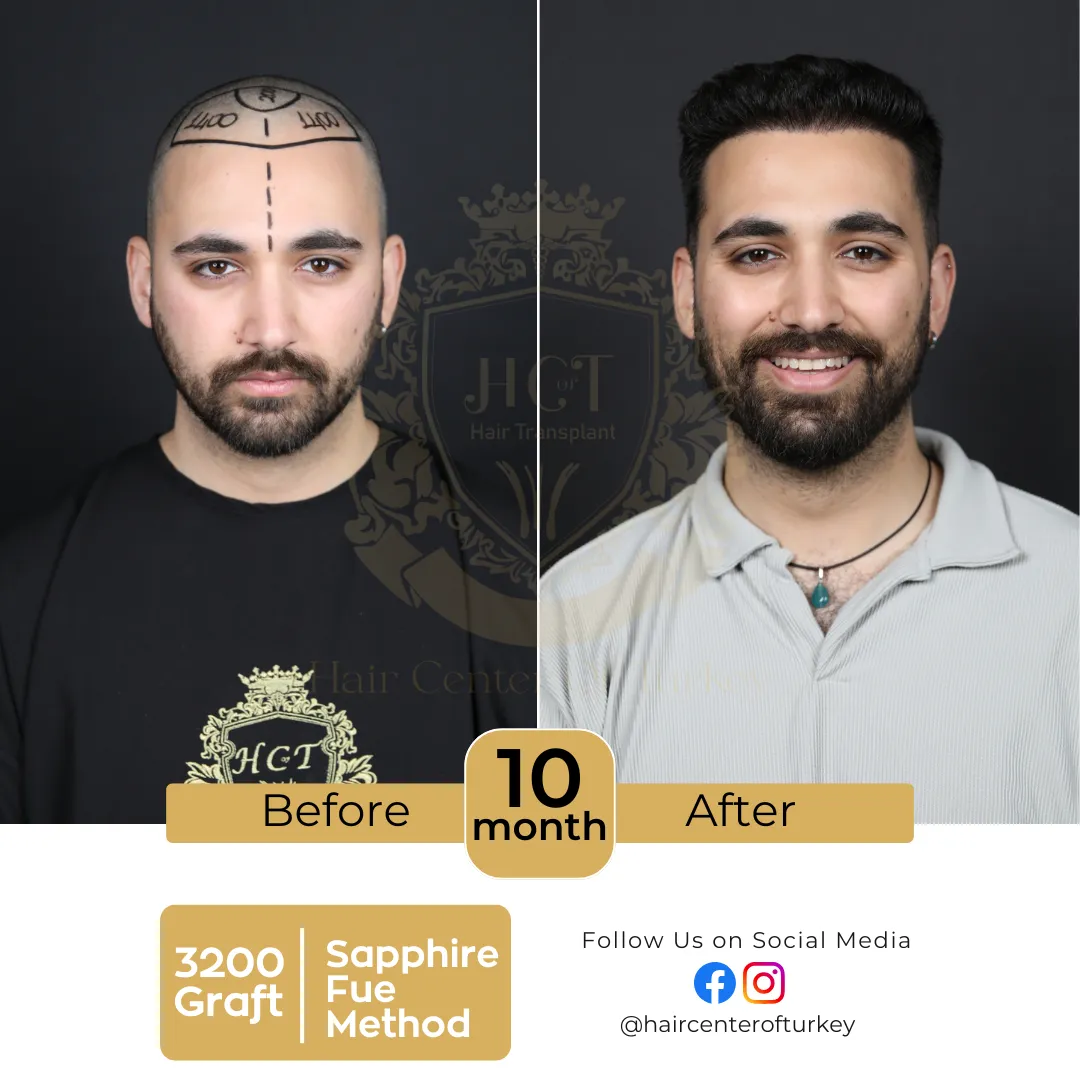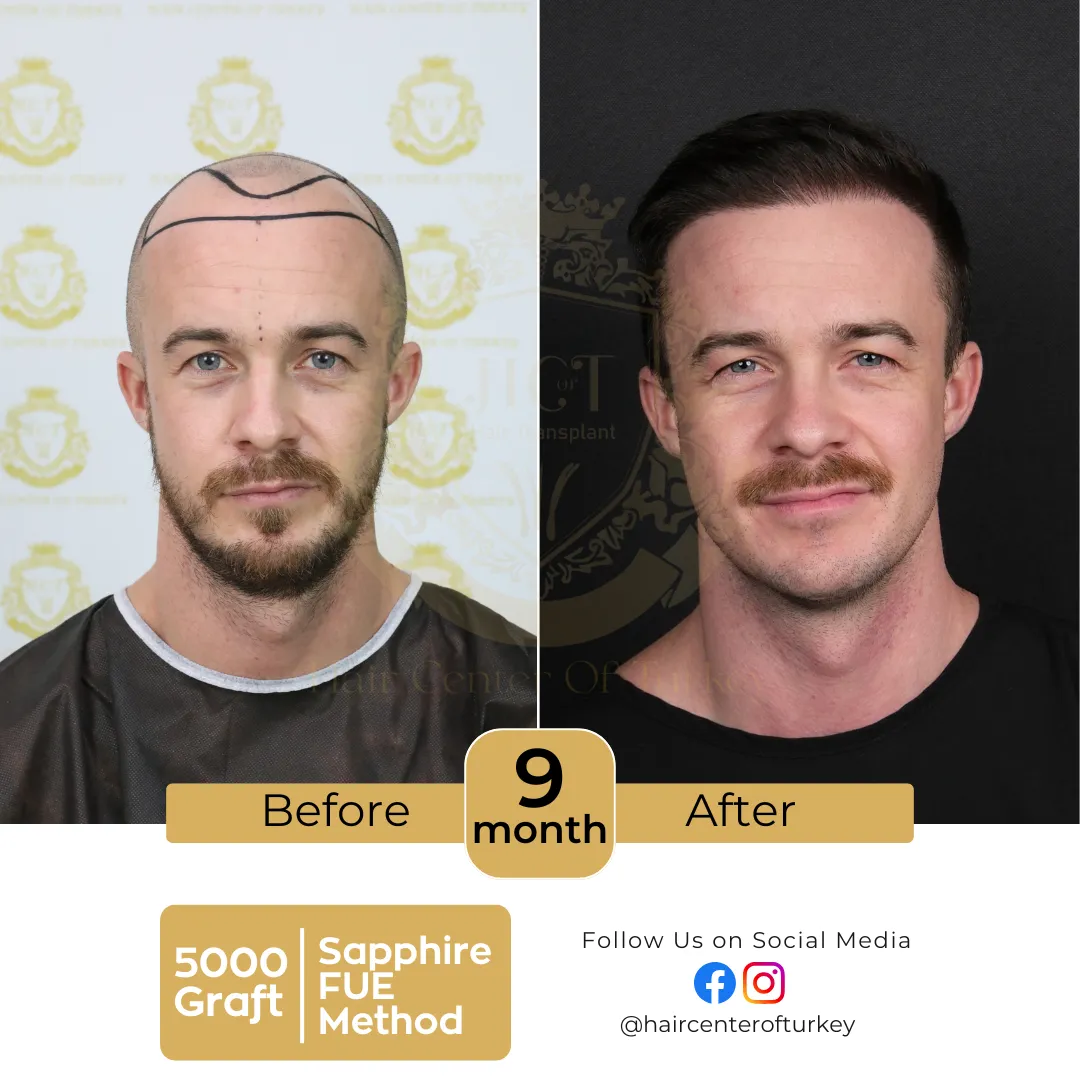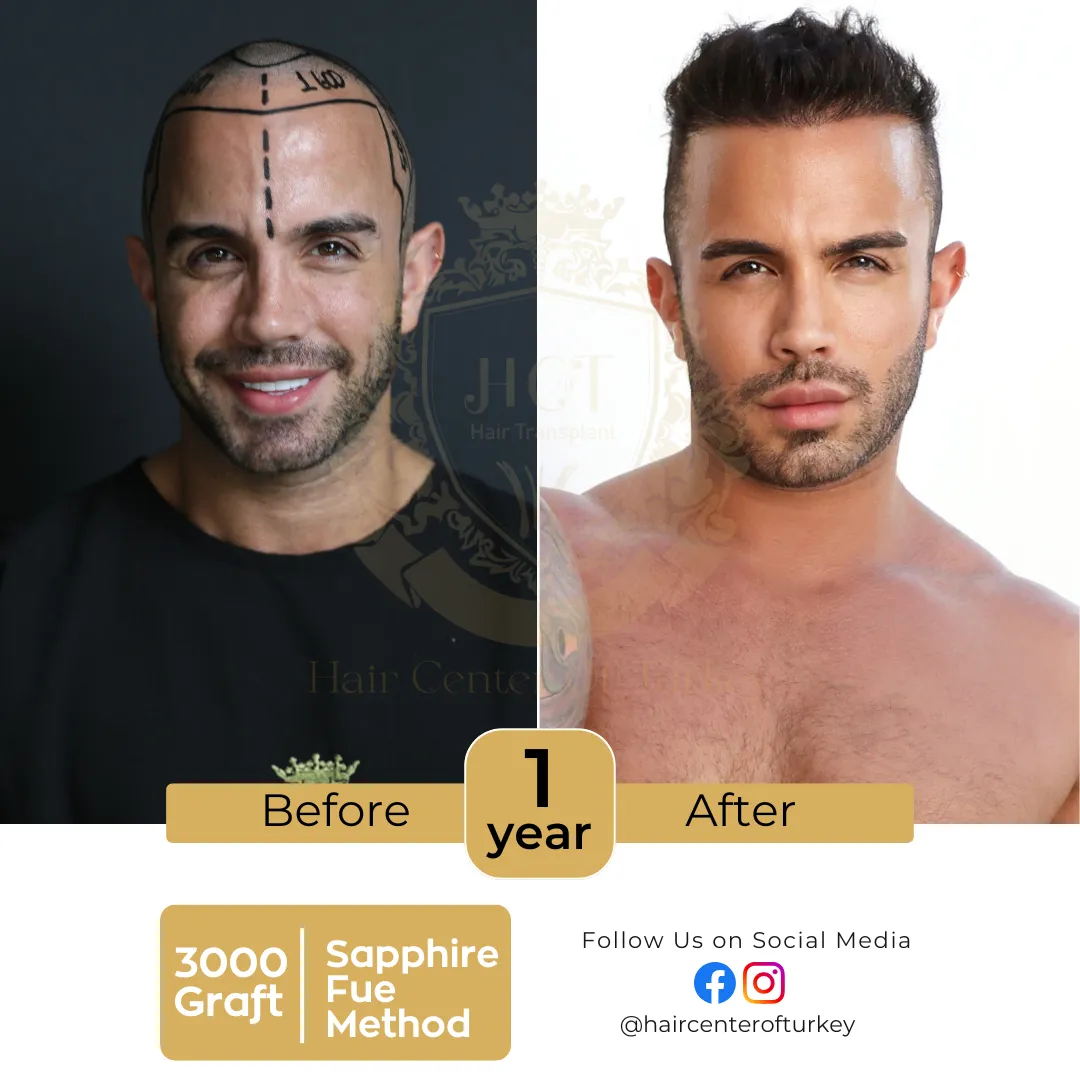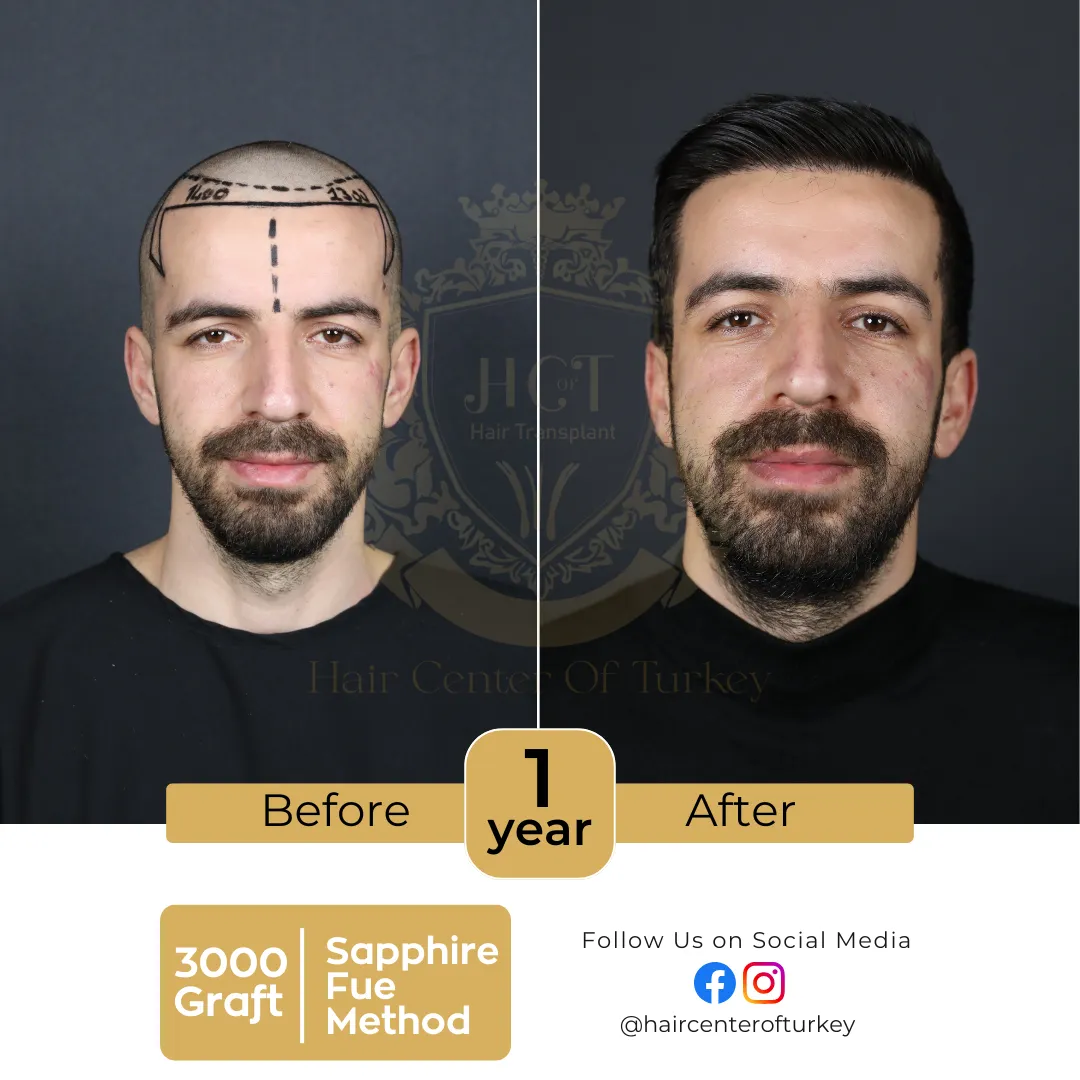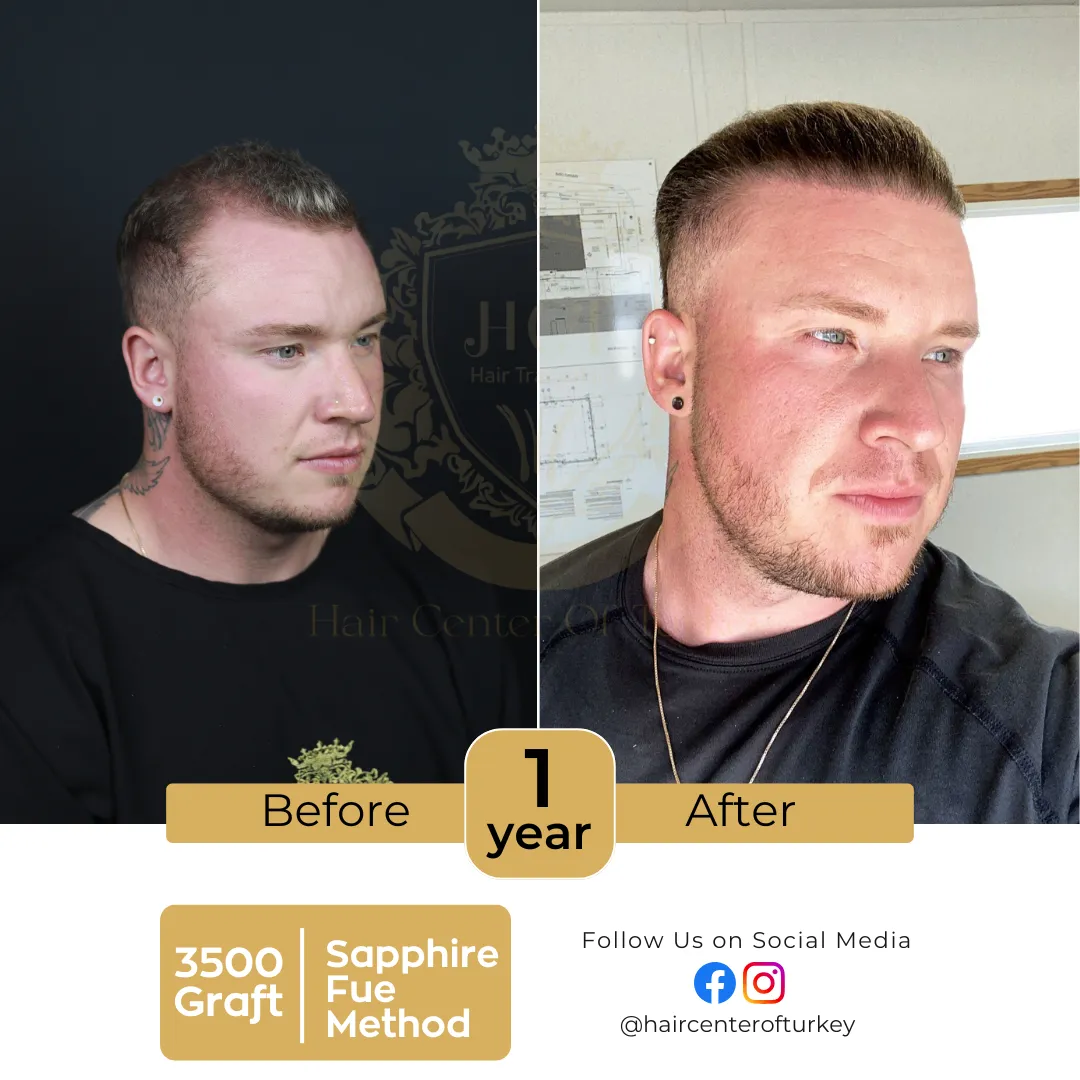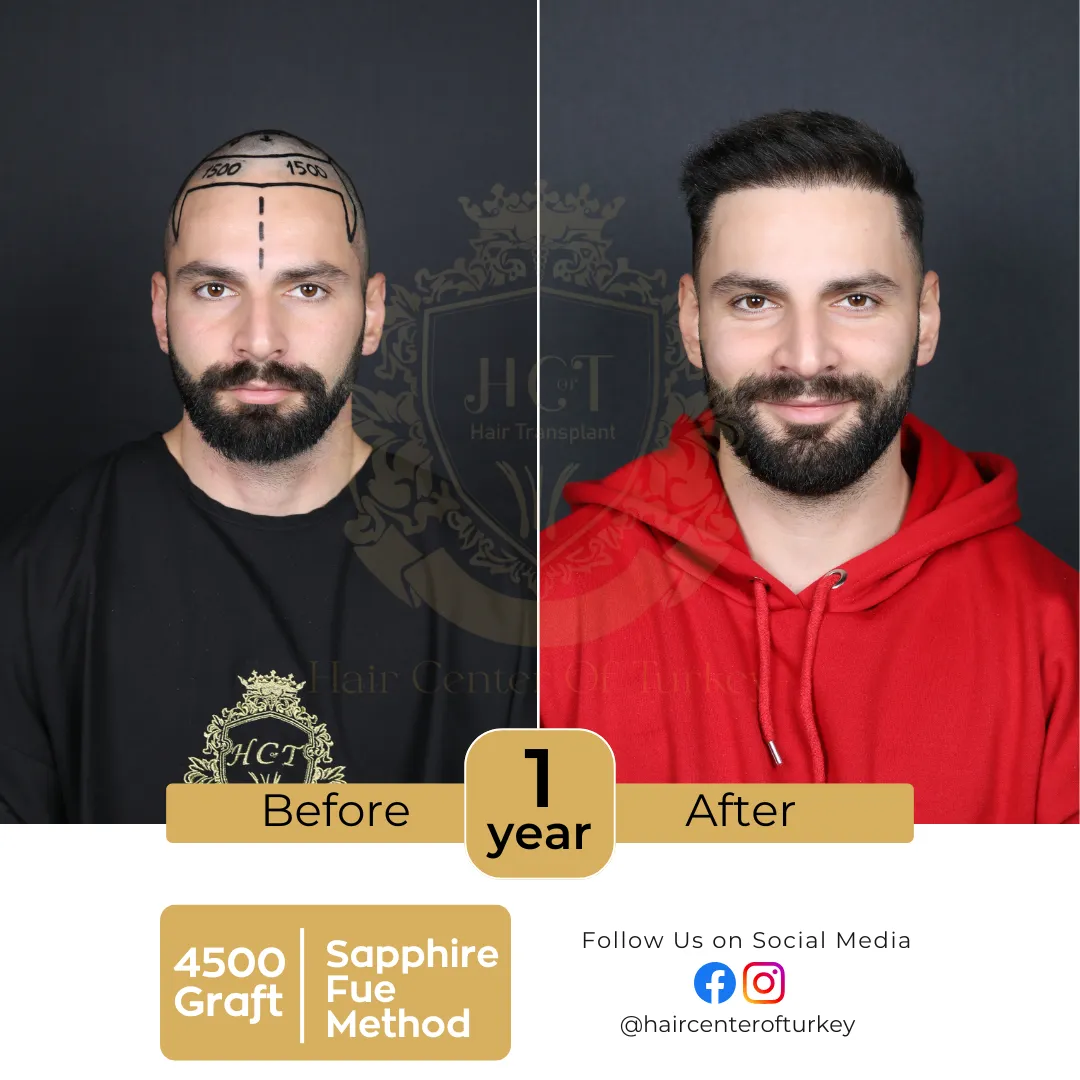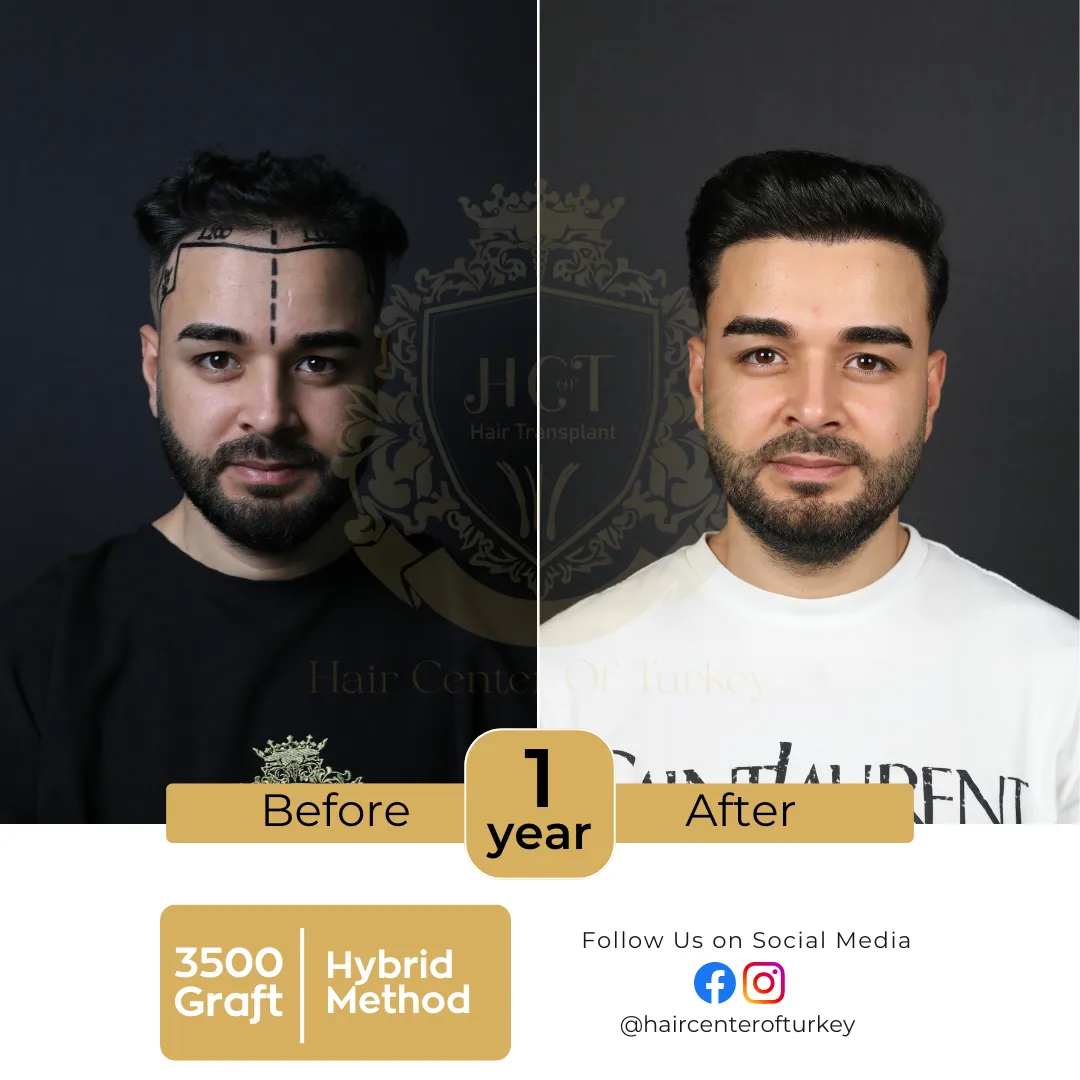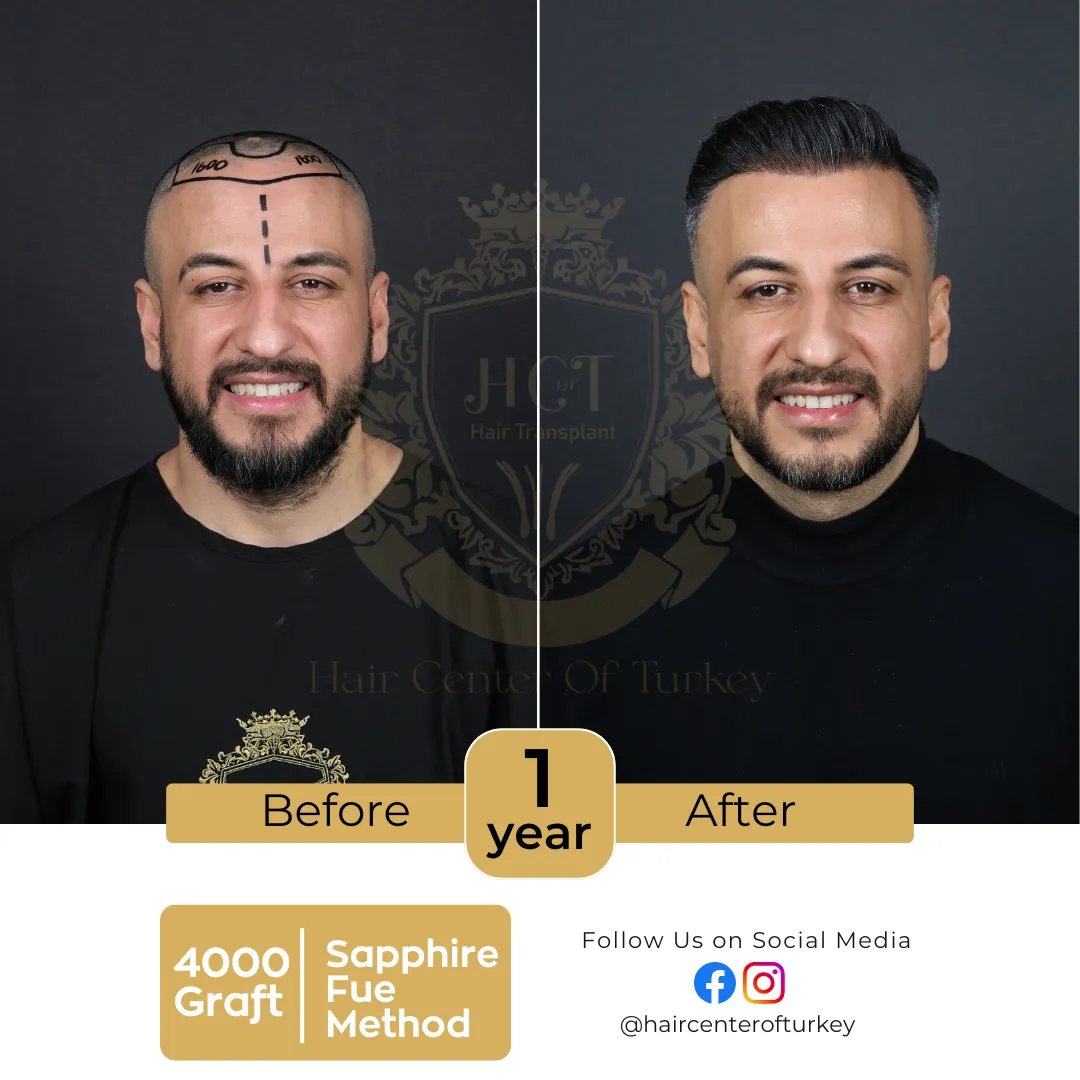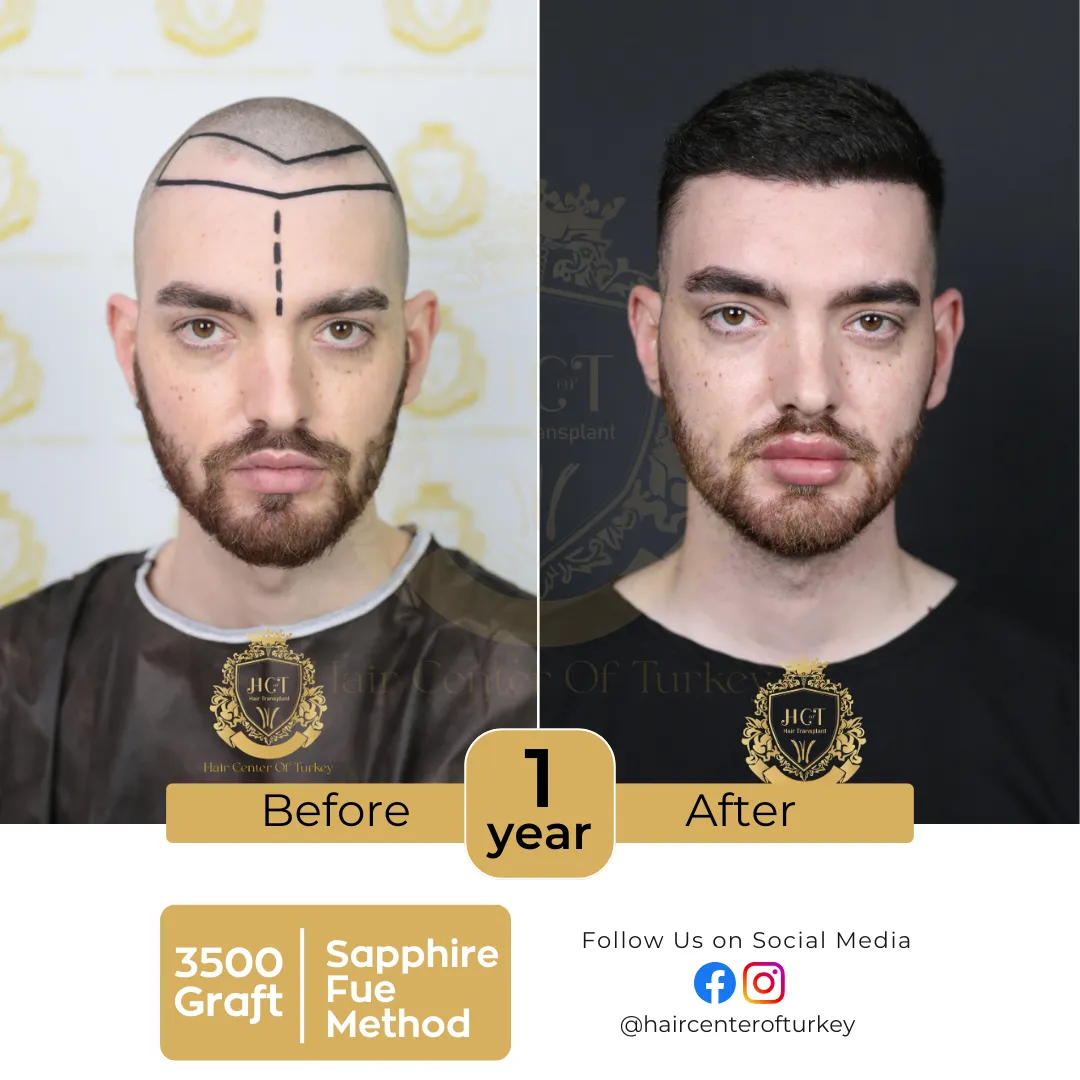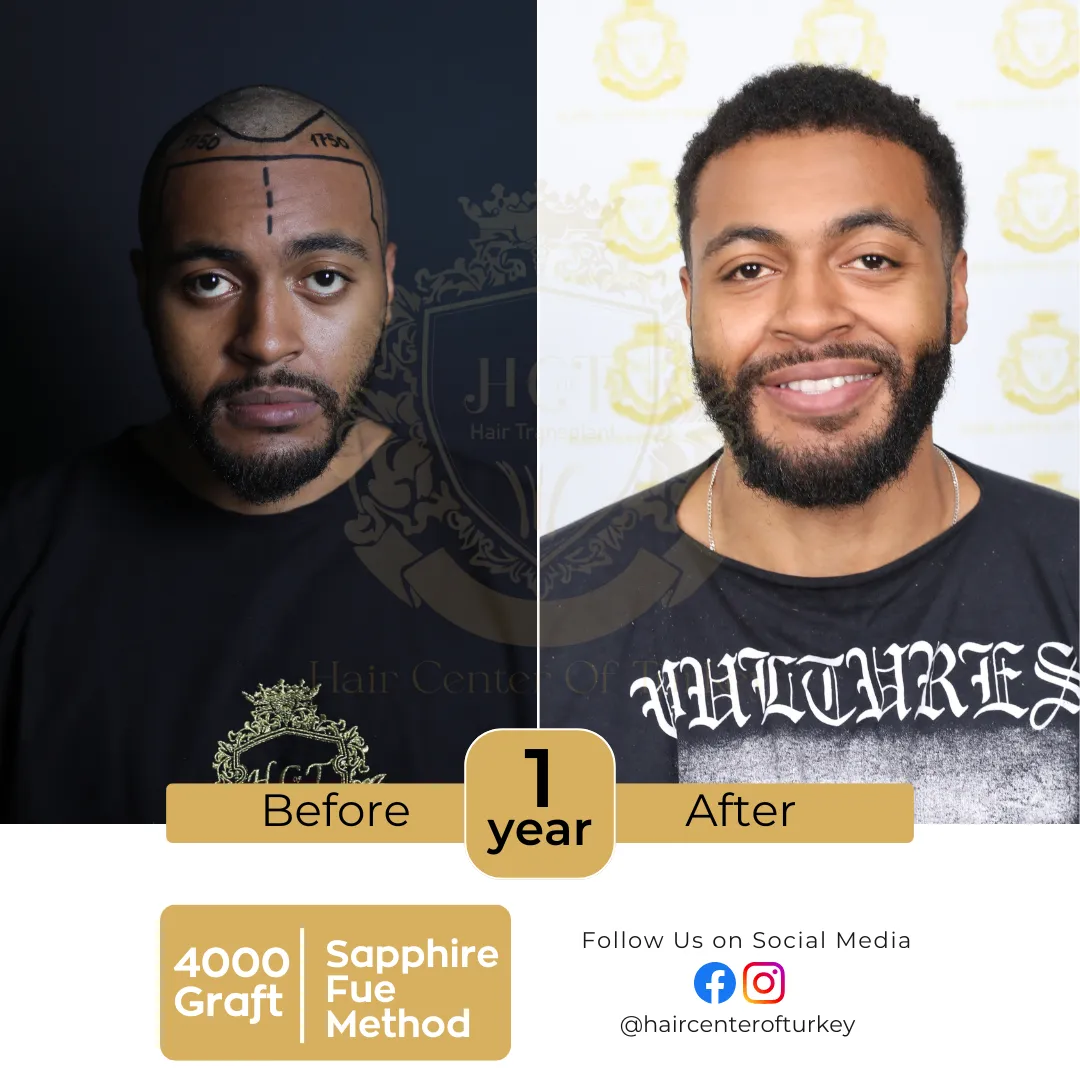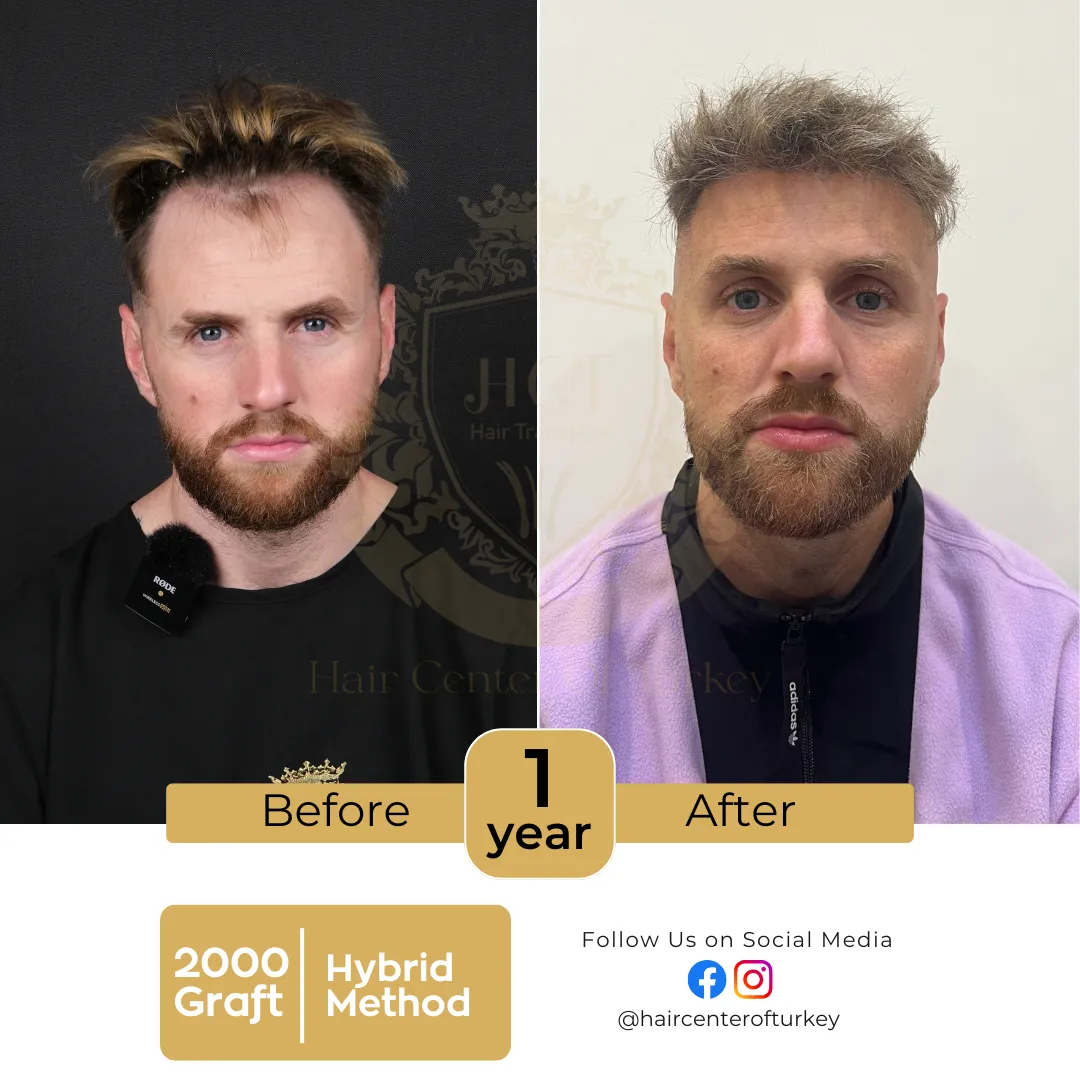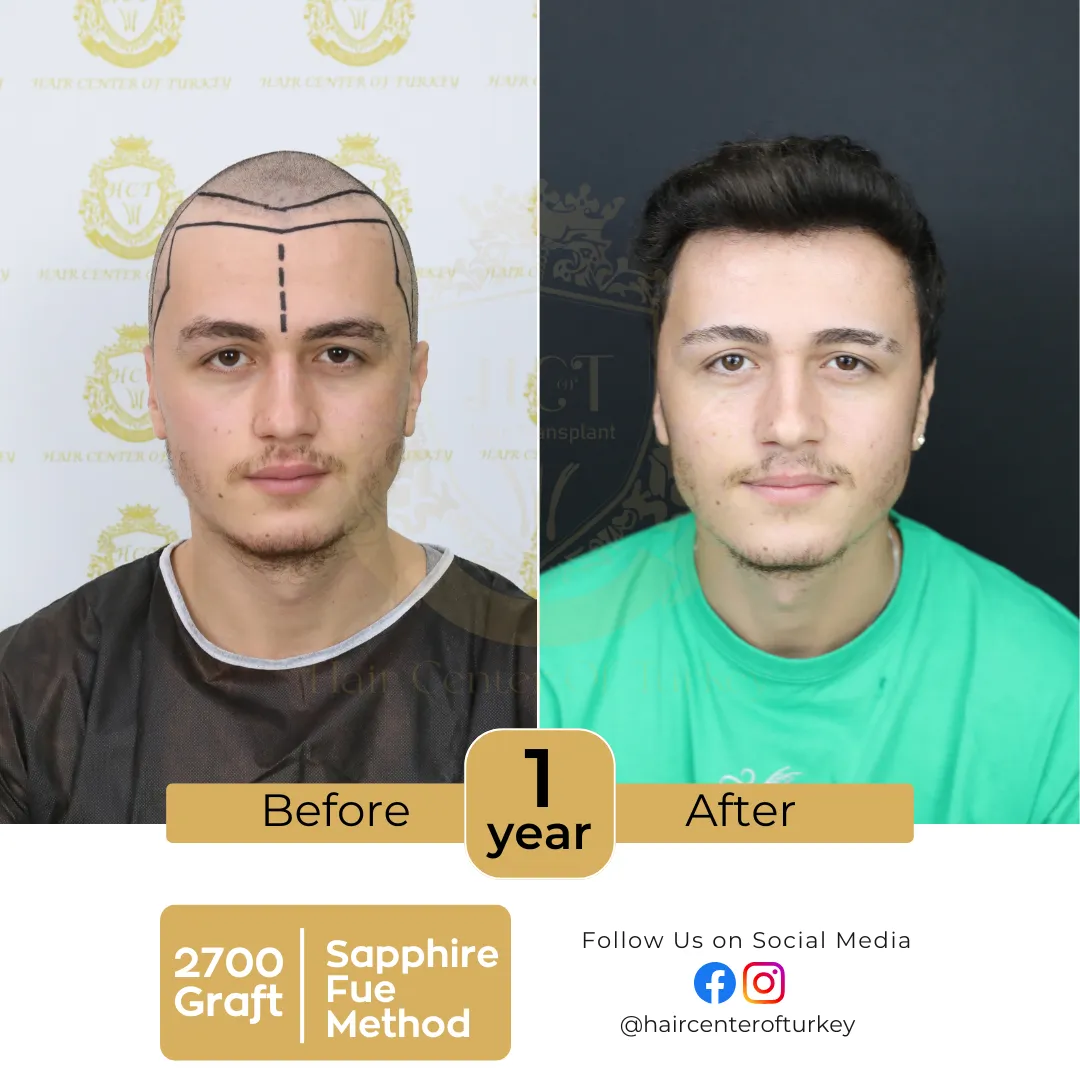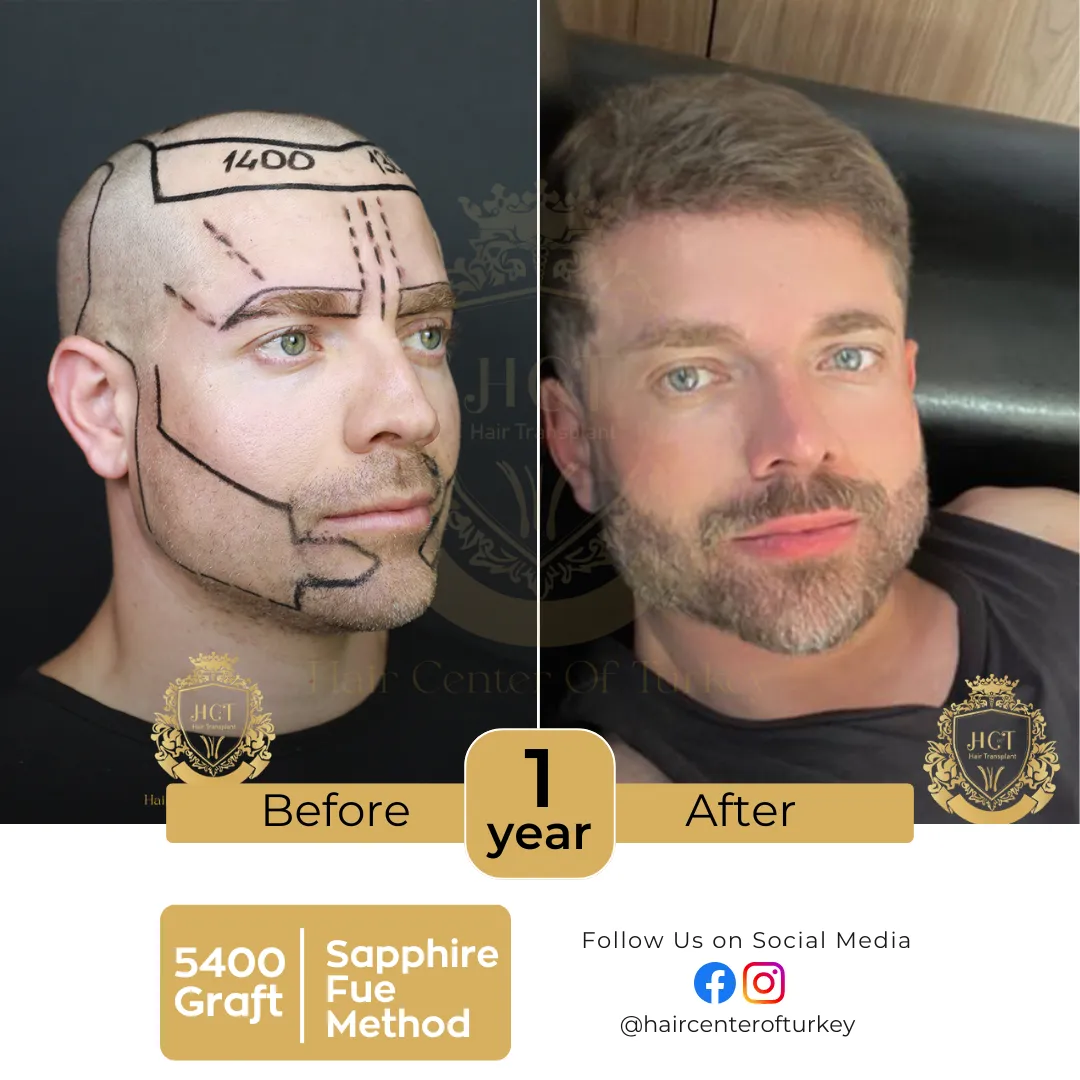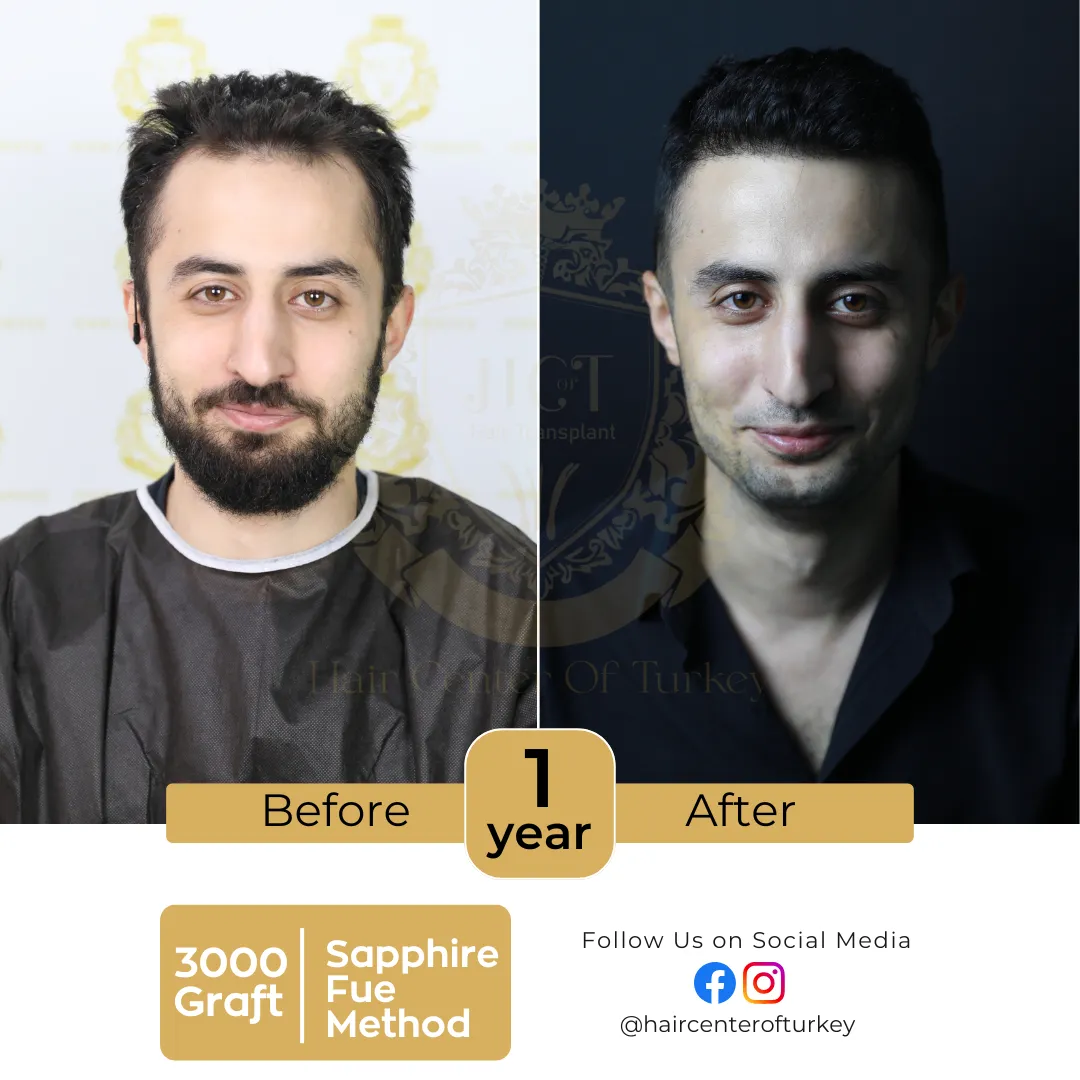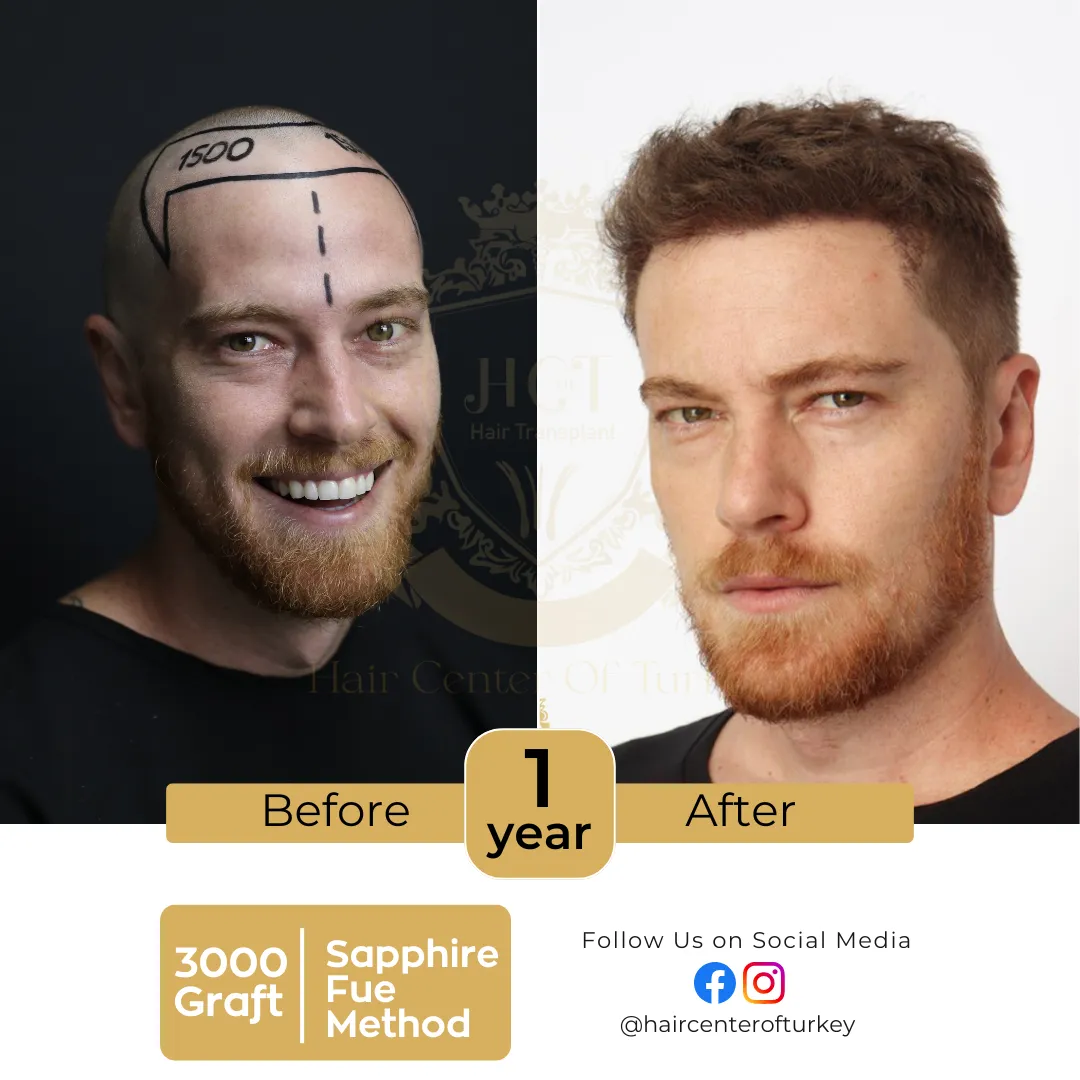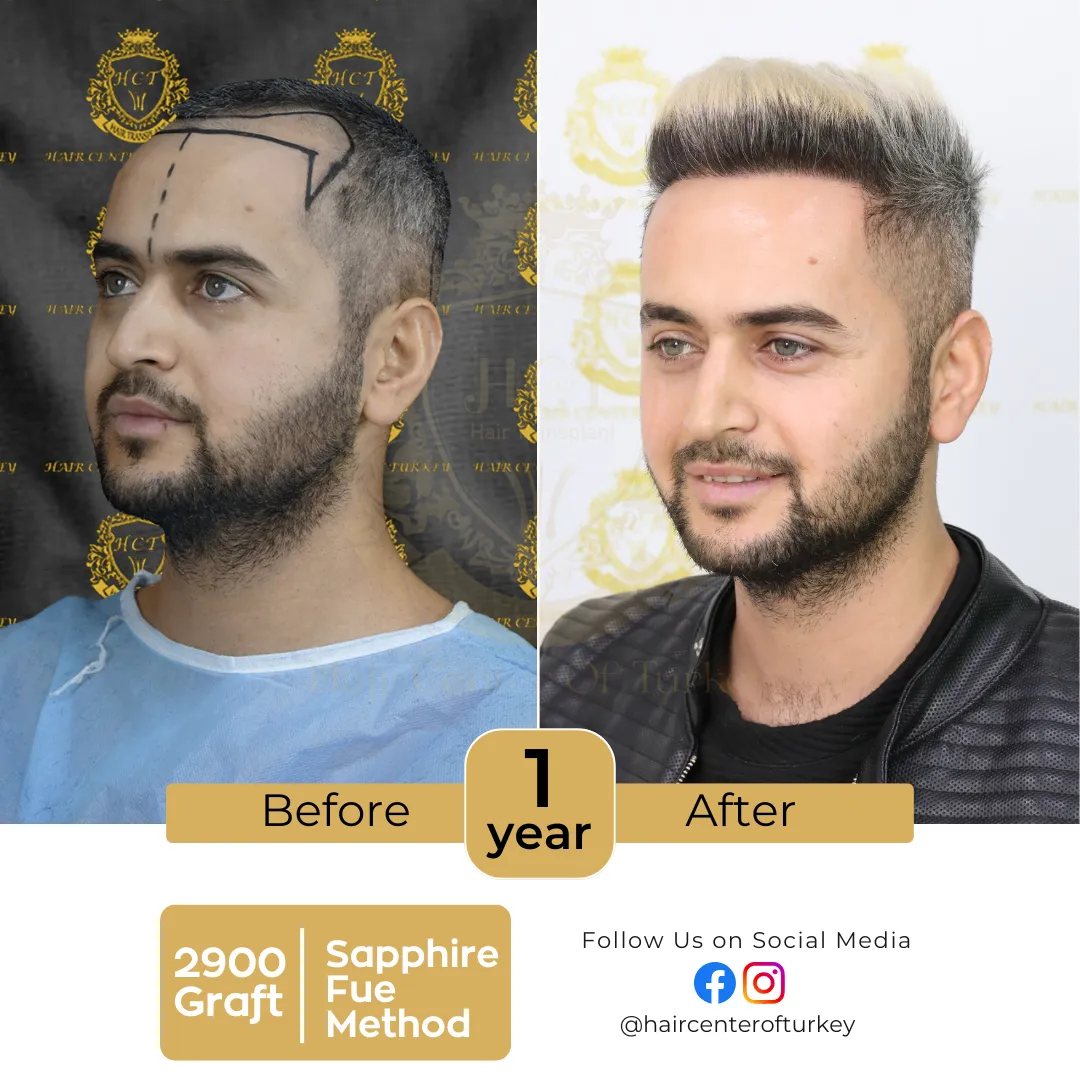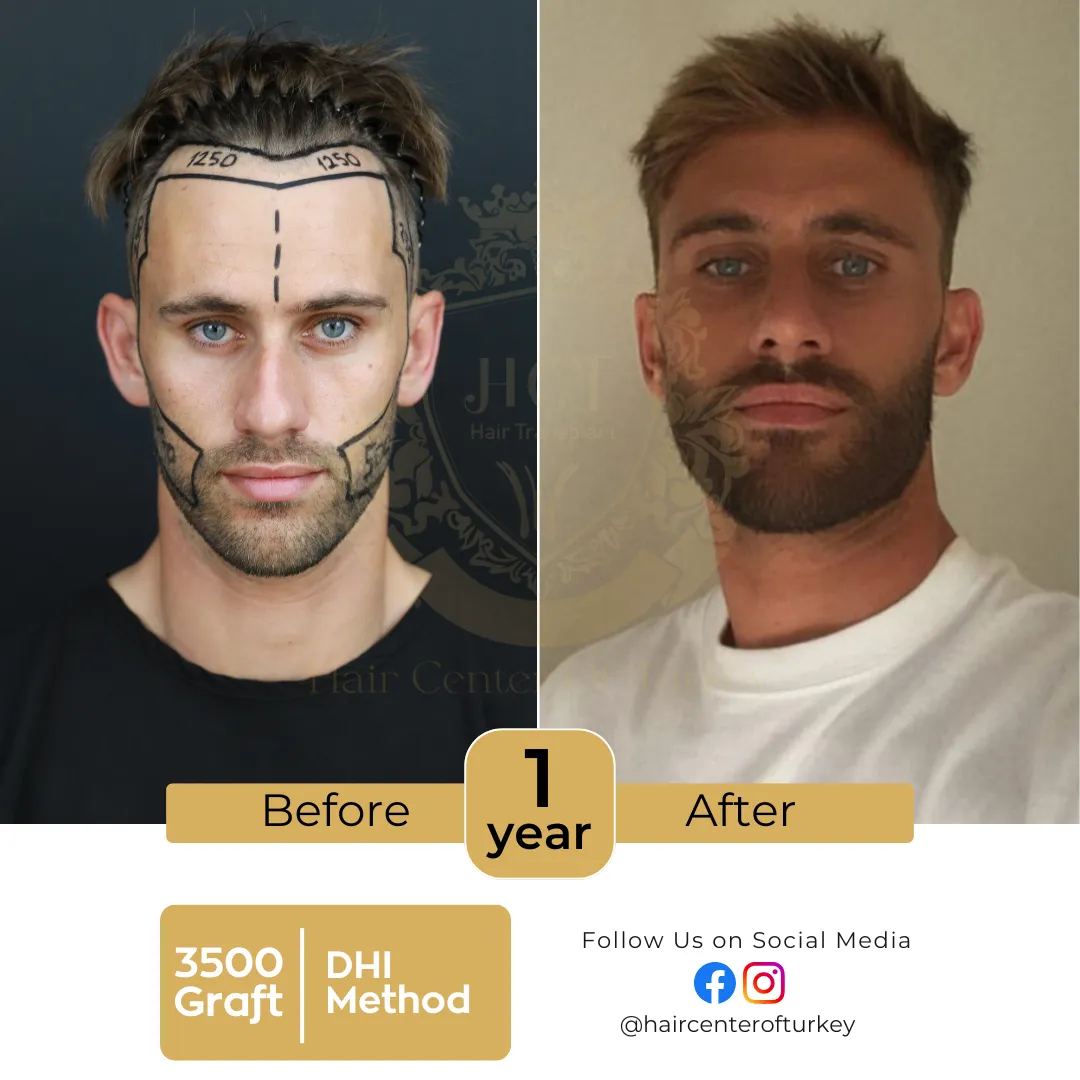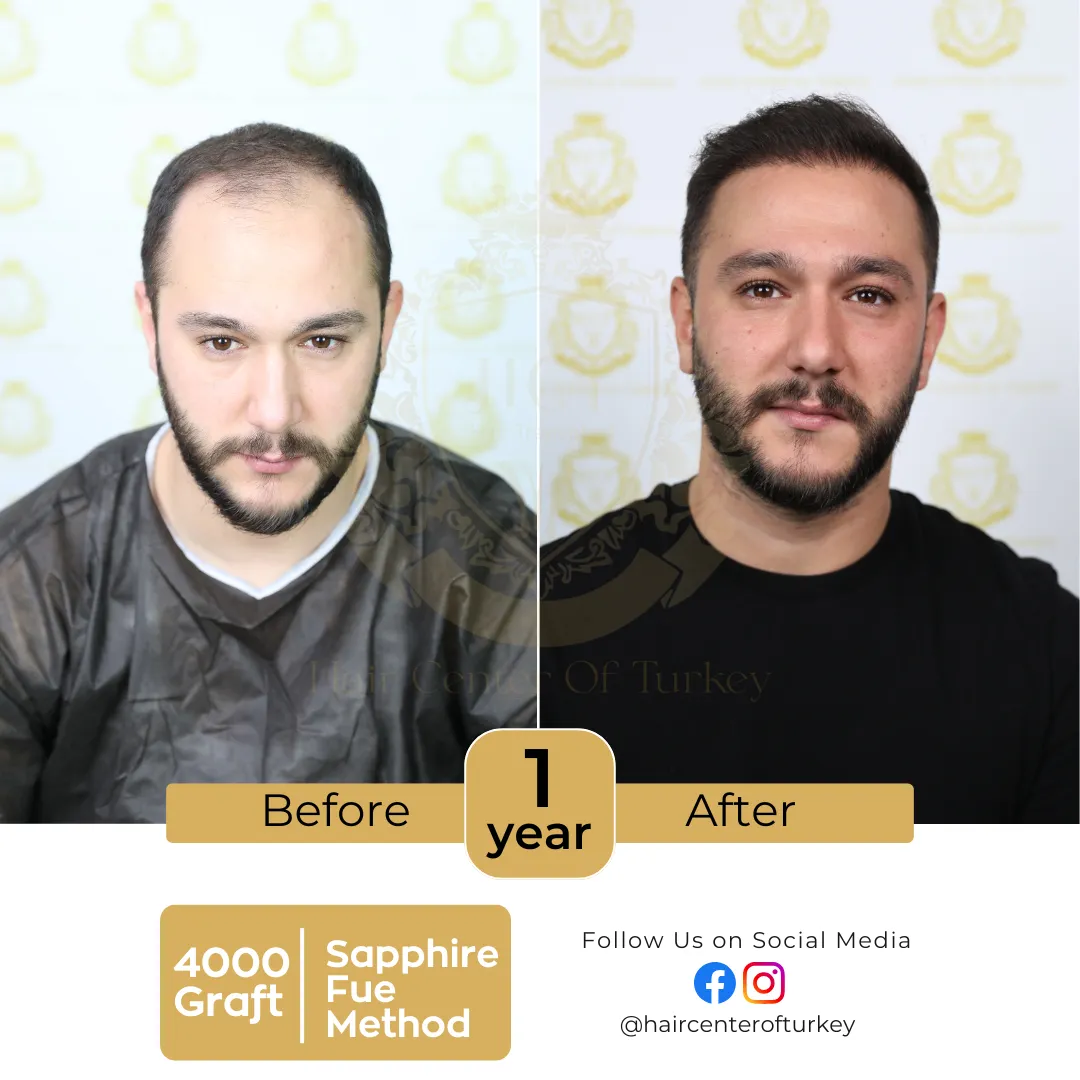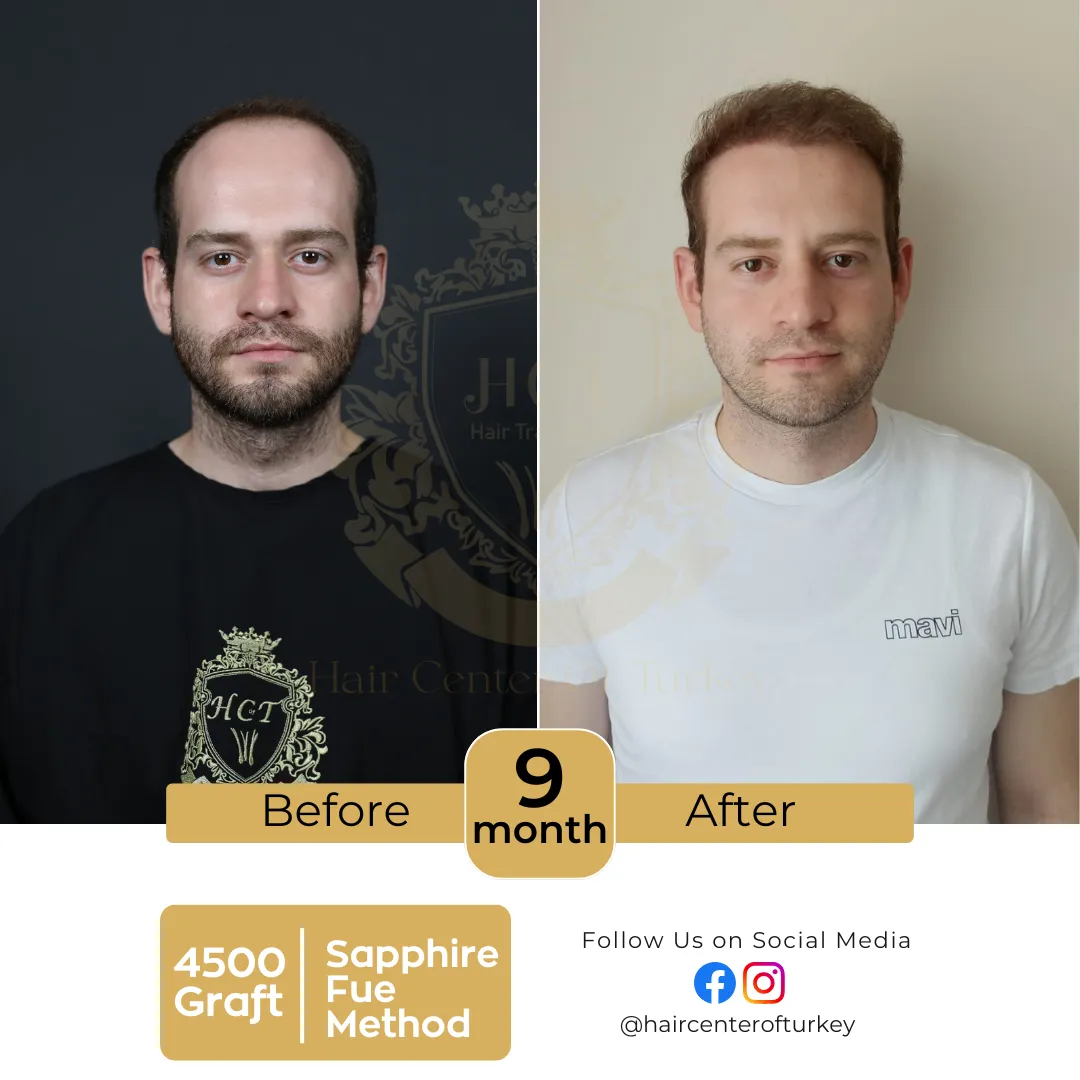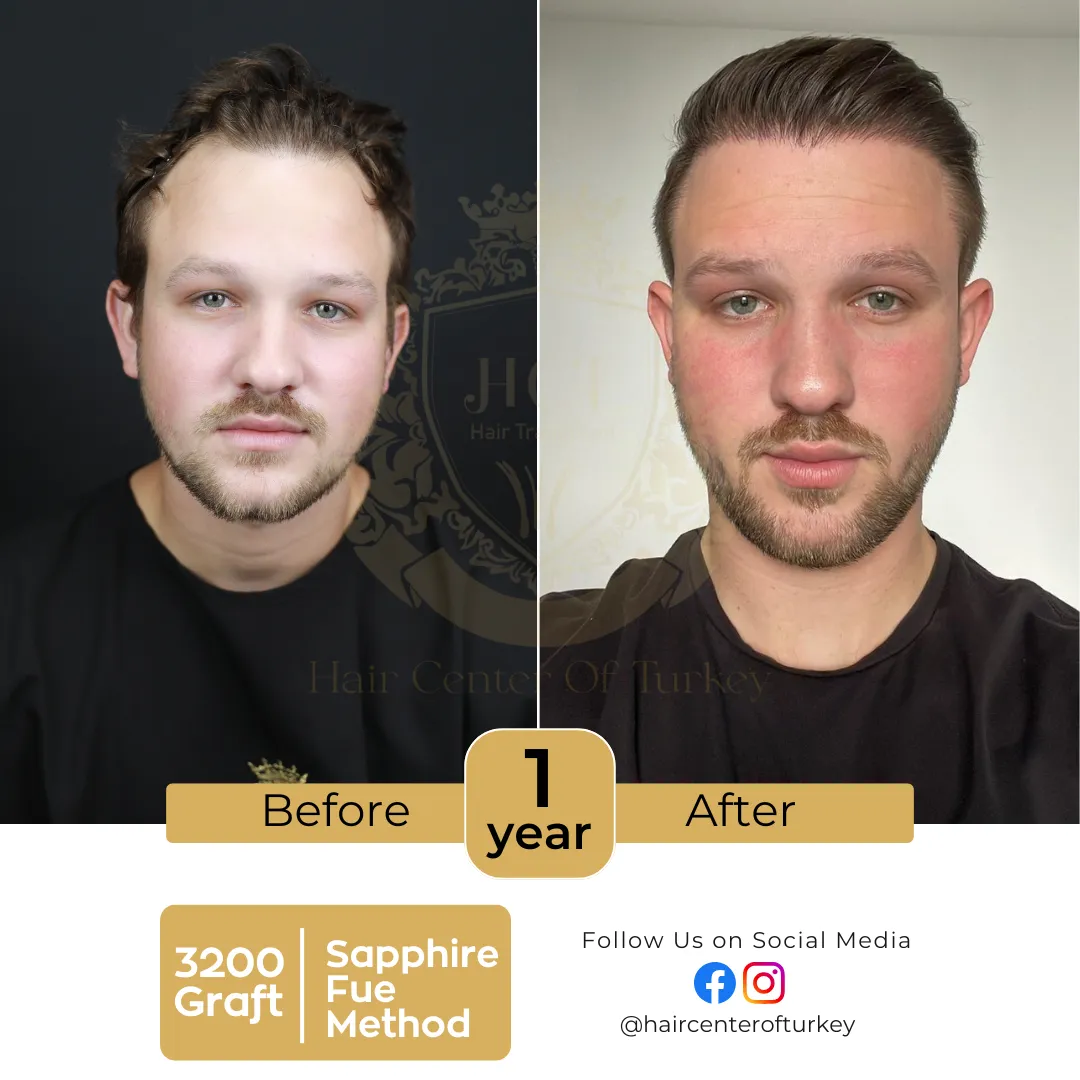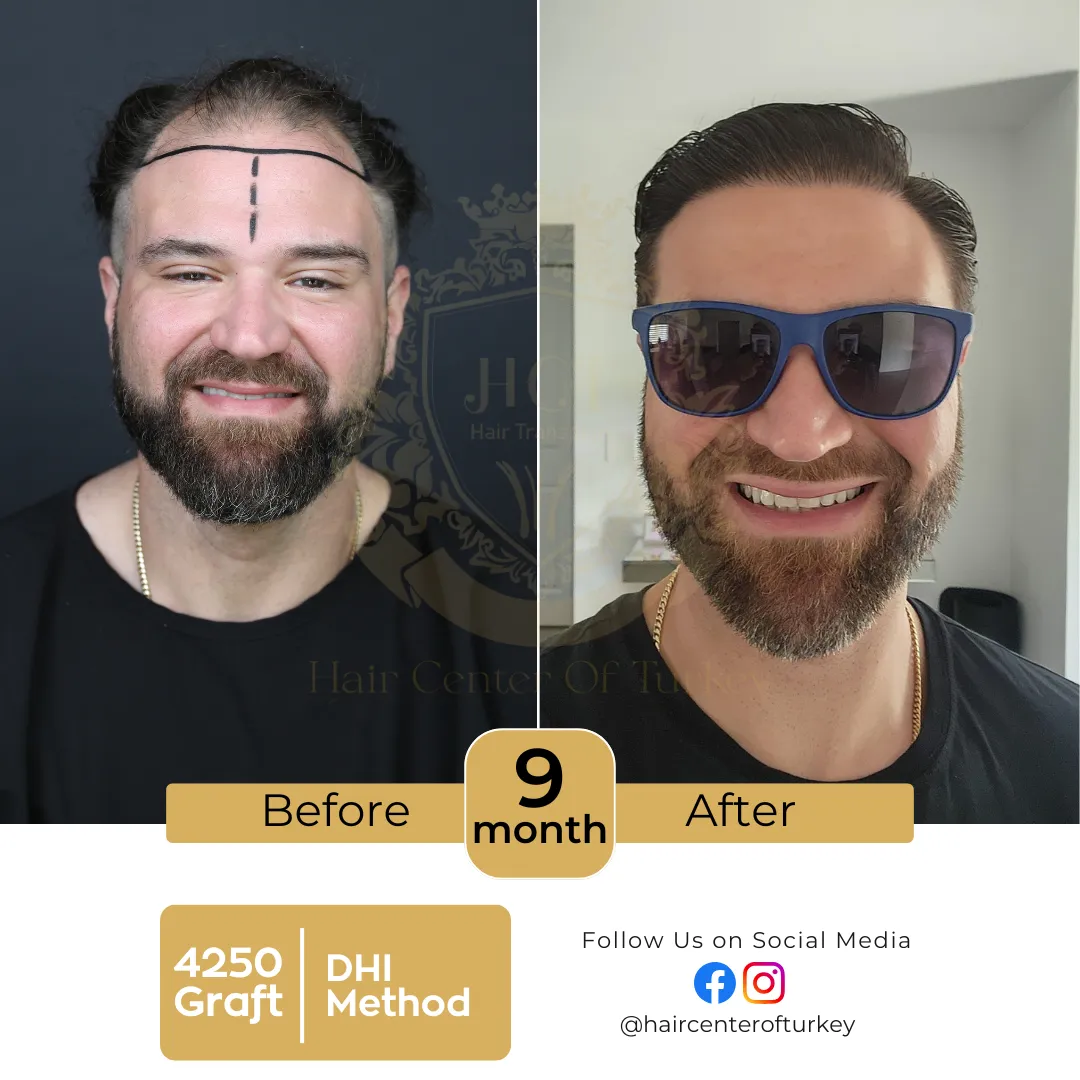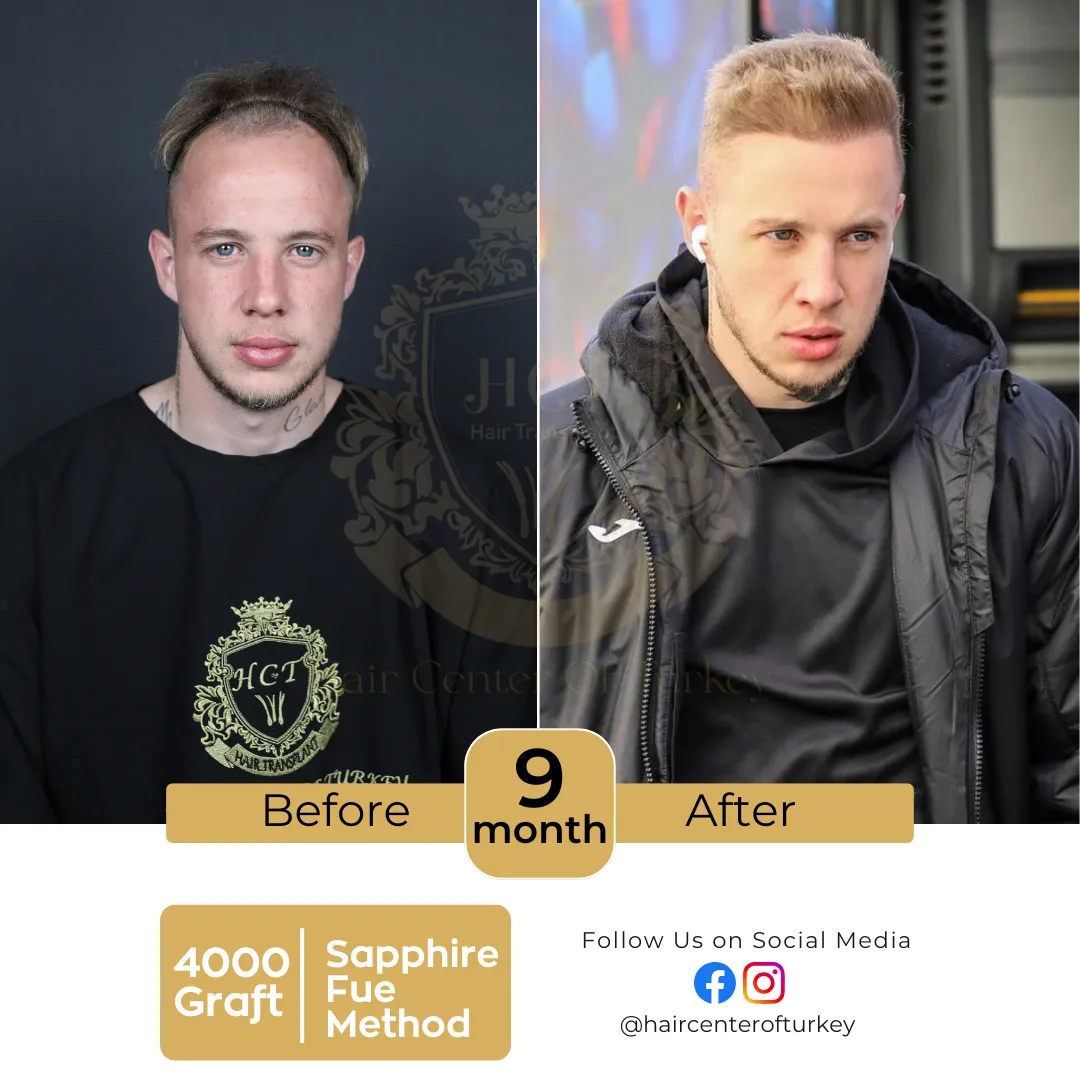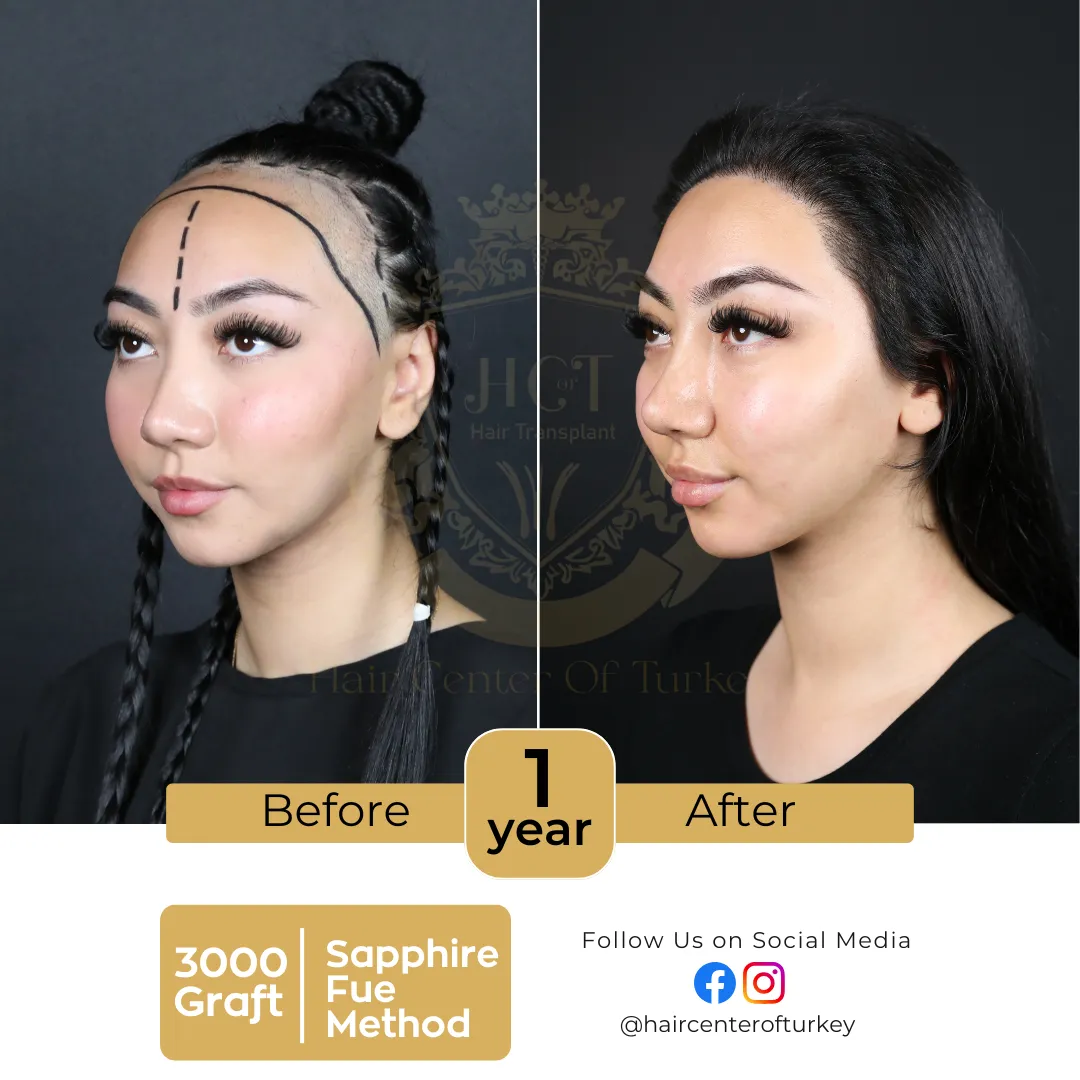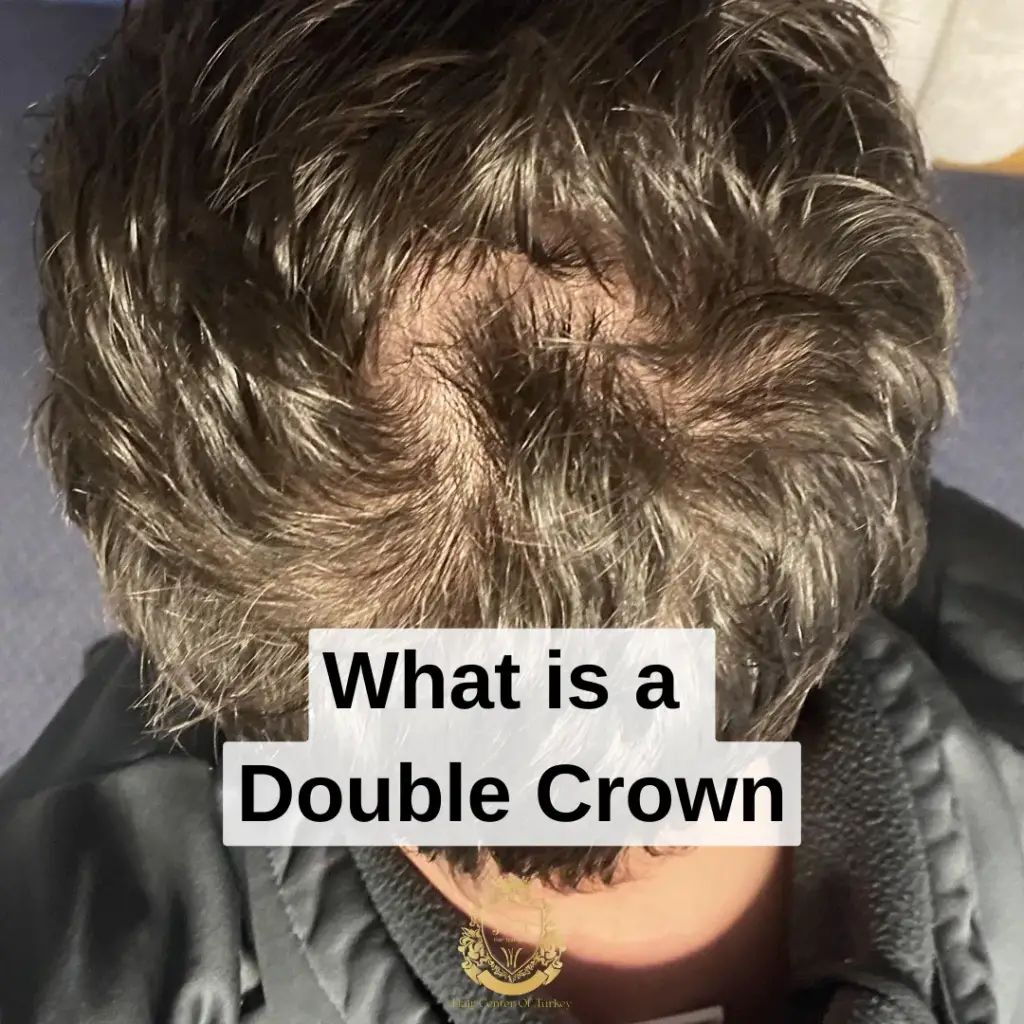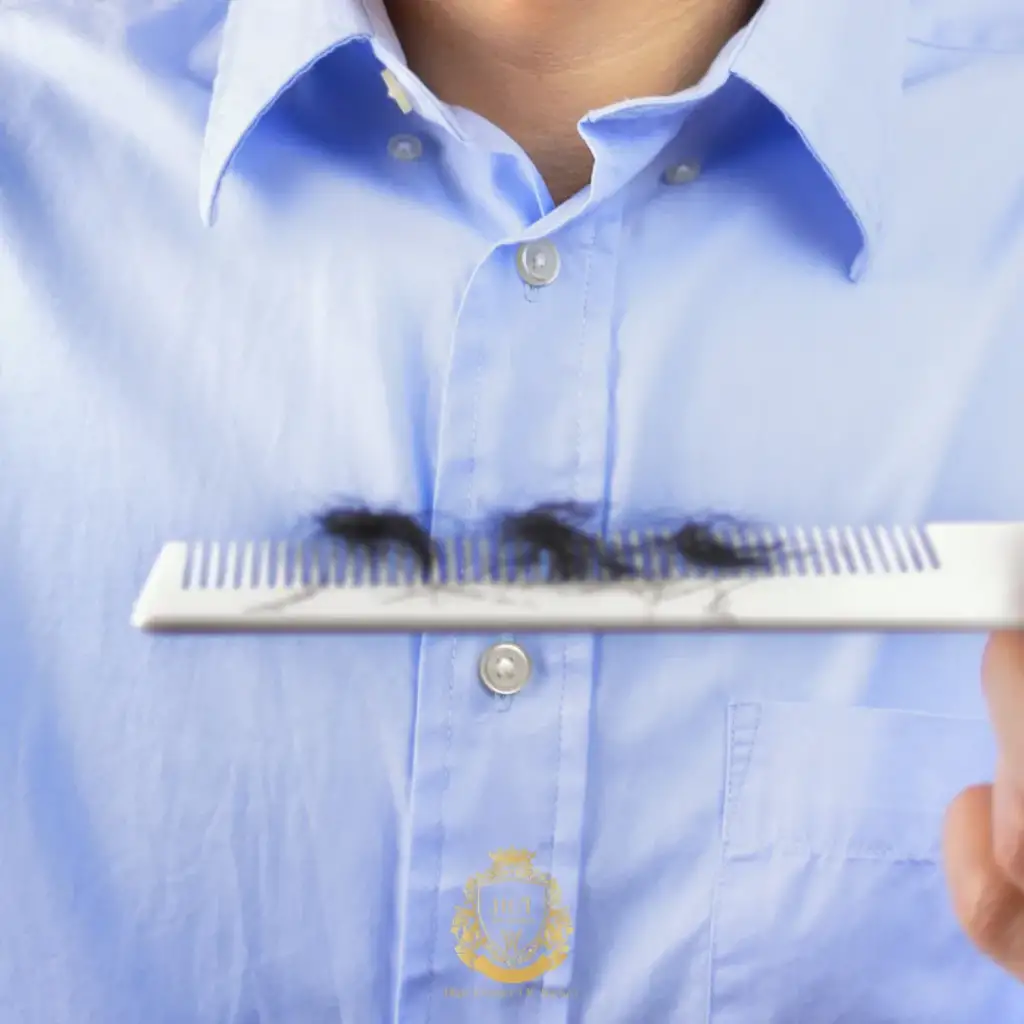What Causes Scabs on the Scalp?
Why Do Scabs Form on the Scalp?
Scalp on scabs are crusty or flaky patches of skin that form as a result of irritation, infections, or underlying skin conditions. The primary causes of these scabs include dandruff, scalp psoriasis, fungal infections, or even allergic reactions to hair products. Scabs can be uncomfortable and sometimes indicate a need for medical attention.
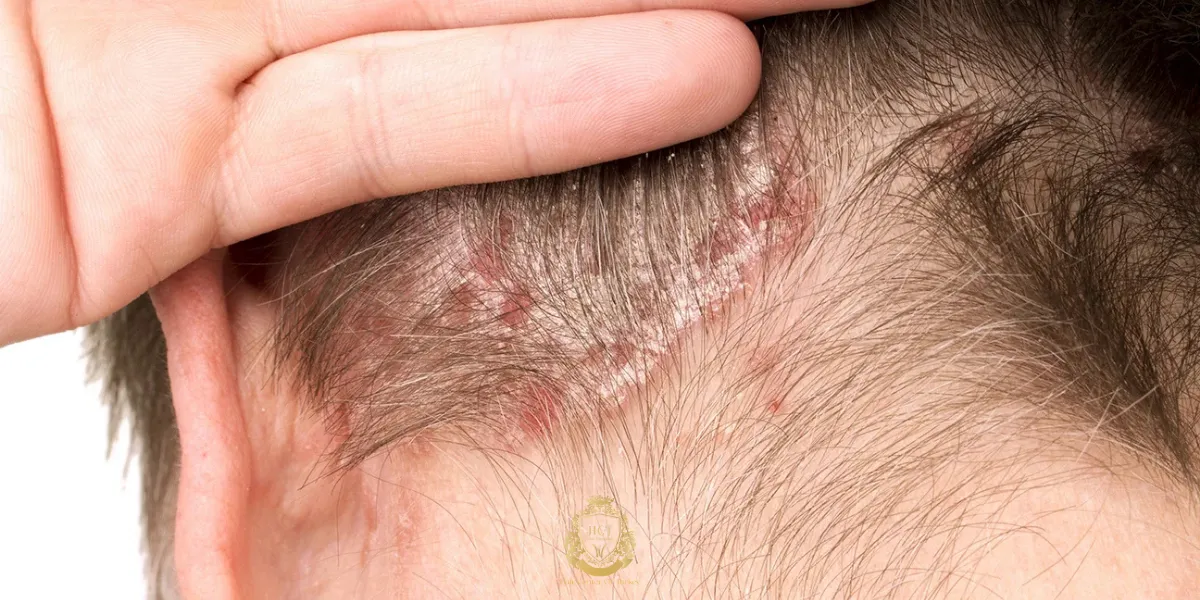
Common Causes of Scalp Scabs
- Dandruff and Seborrheic Dermatitis: Excess oil production and skin irritation can lead to itching, flaking, and scabs.
- Scalp Psoriasis: This autoimmune condition creates red, scaly patches that may crack and form scabs.
- Fungal Infections: Conditions like ringworm can cause scaly, itchy patches of skin on the scalp.
- Contact Dermatitis: Allergies to hair dyes, shampoos, or other products can trigger inflammation and scabbing.
Can Stress Contribute to Scalp on Scabs?
Yes, stress can exacerbate conditions like scalp psoriasis or seborrheic dermatitis, leading to increased itching and scabbing. Stress also impacts the immune system, making the scalp more prone to infections and flare-ups. Managing stress through relaxation techniques or lifestyle changes may reduce the occurrence of scabs.
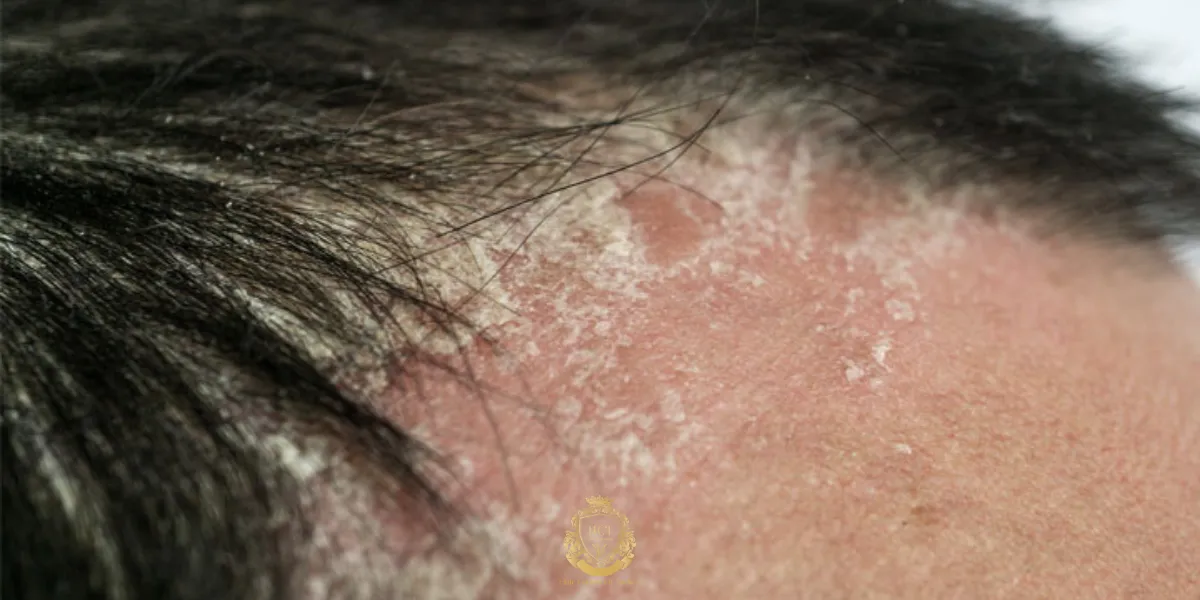
Can Poor Hygiene Lead to Scabs?
Infrequent washing or excessive use of styling products can lead to product buildup, which clogs hair follicles and causes irritation. This, in turn, may lead to scabbing. Maintaining good scalp hygiene is key to preventing such issues.
How To Treat Scalp Scabs?
The treatment for scalp scabs depends on their cause. Here are some effective approaches:
- Medicated Shampoos: These are ideal for treating dandruff or mild fungal infections.
- Topical Treatments: Steroid creams or antifungal ointments can help with conditions like psoriasis or infections.
- Moisturizing Oils: Oils like coconut or tea tree can soothe irritation and aid healing.
- Avoiding Triggers: Identifying and stopping the use of allergenic products can prevent further scabbing.
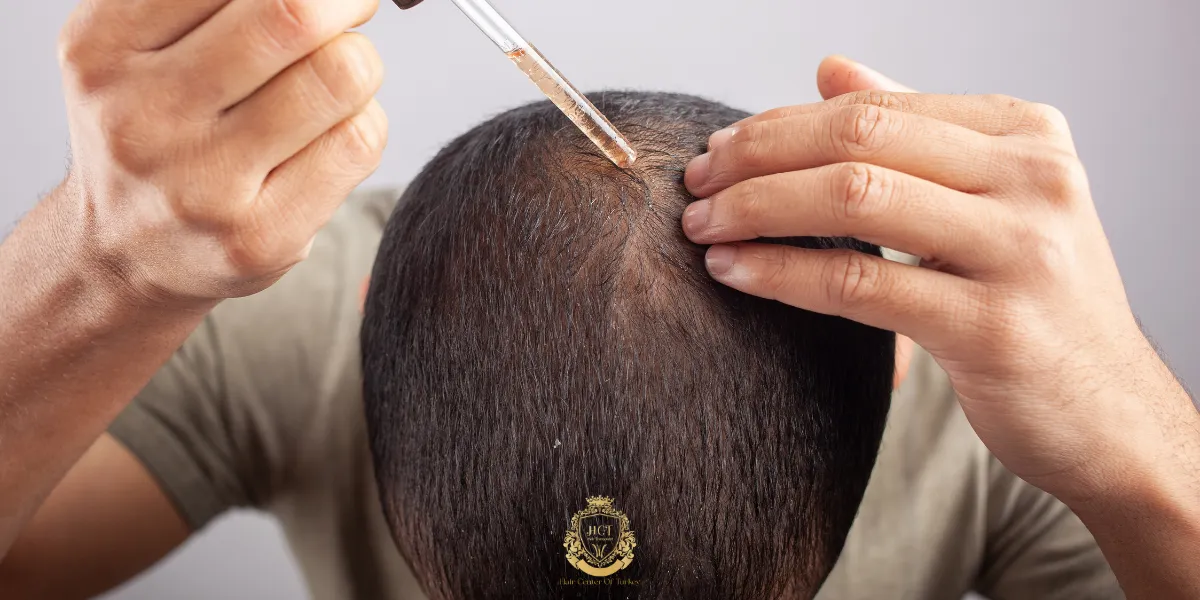
Preventing Scalp on Scabs
- Wash your hair regularly to reduce oil and product buildup.
- Avoid scratching your scalp, as it can worsen scabs and increase infection risks.
- Use hair products suitable for sensitive itchy skin or dermatologically tested options.
- Protect your scalp from excessive sun exposure by wearing hats or using sunscreen for hair.
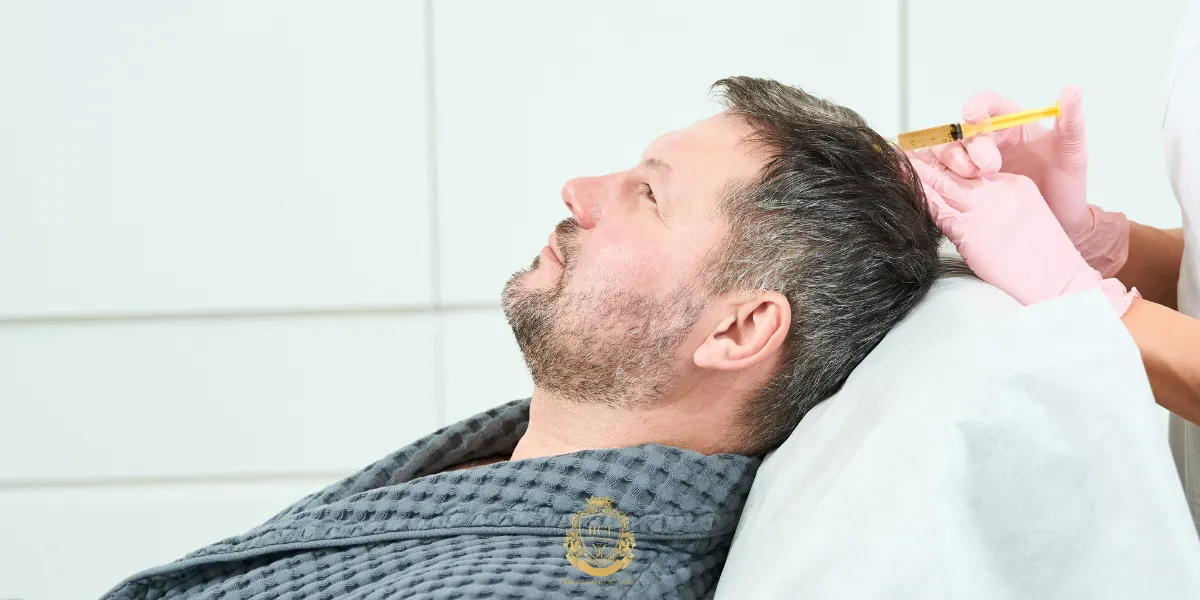
When to See a Doctor
Persistent or recurring scabs, especially those that are painful, swollen, or oozing, may require professional evaluation. A dermatologist can diagnose the root cause and suggest appropriate treatments.
F.A.Q. (Frequently Asked Questions)


